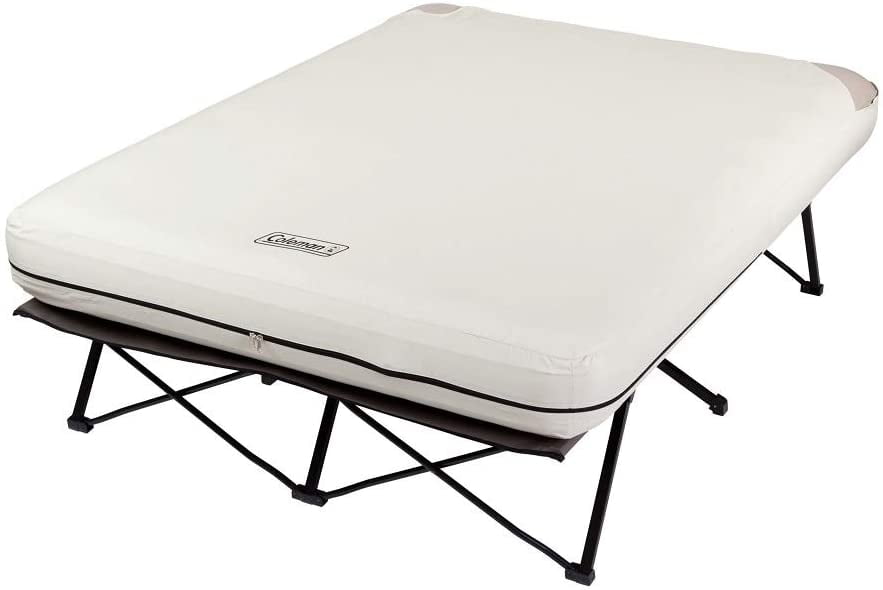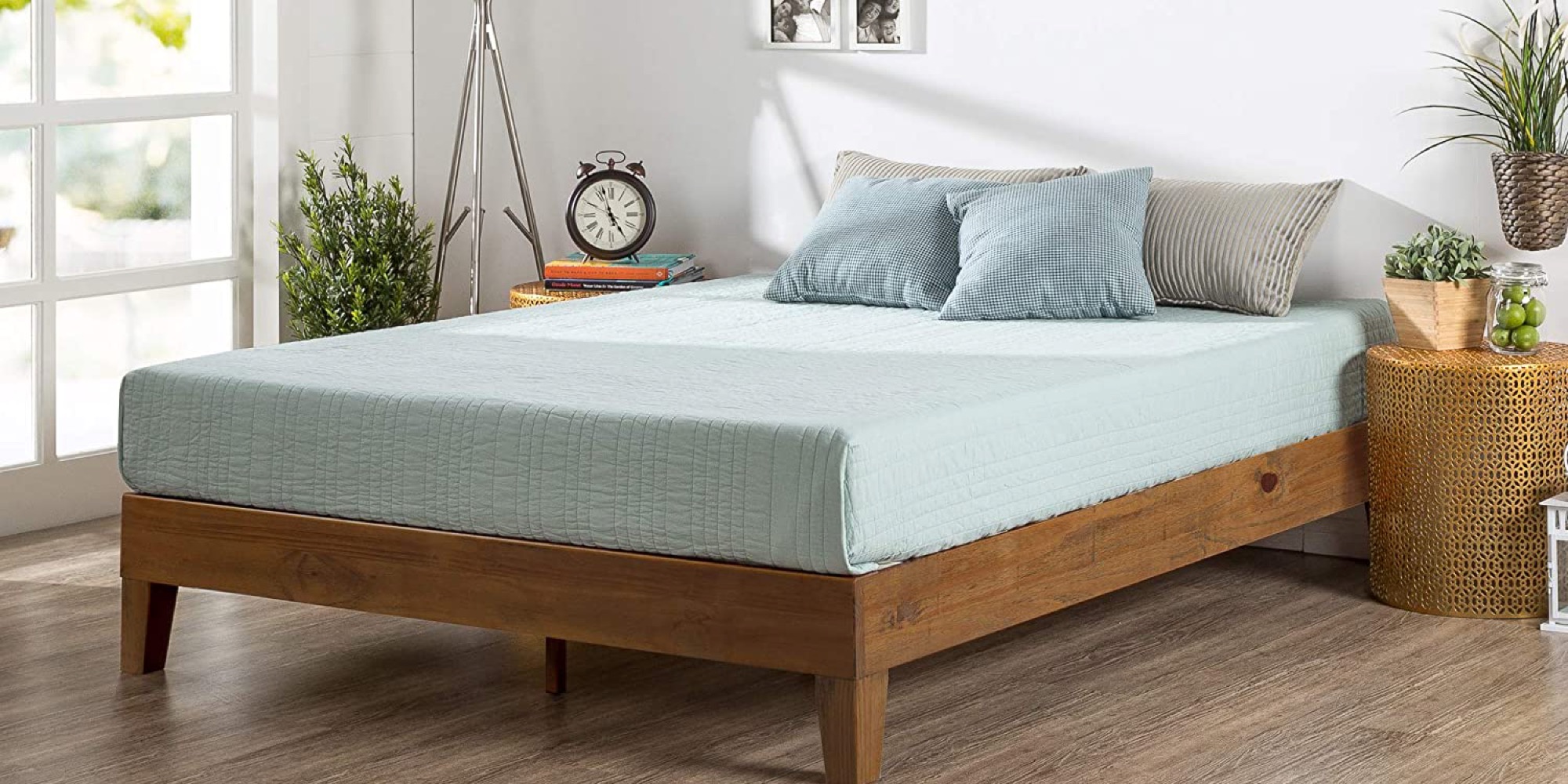If you notice poor water pressure in just your kitchen sink, one of the first things to check is the aerator on your faucet. Over time, sediment and debris can build up in the aerator, causing it to become clogged. This can significantly reduce the water flow and pressure in your sink. To fix this issue, simply unscrew the aerator from the faucet and clean it thoroughly with a toothbrush and some vinegar. This should help improve your water pressure.1. Clogged aerator
If cleaning the aerator doesn't improve your water pressure, the issue may lie with the faucet itself. Over time, faucets can become worn out and develop leaks or damage, which can affect the water flow and pressure. If you notice any visible damage or leaks, it may be time to replace your faucet. This can also be a good opportunity to upgrade to a more efficient and high-pressure faucet.2. Faulty faucet
If the low water pressure is not just limited to your kitchen sink, but also affects other fixtures in your home, then the issue may be with your main water supply. Check with your neighbors to see if they are also experiencing low water pressure. If they are, then the problem is likely with the municipal water supply. Contact your water provider to report the issue and find out when it will be resolved.3. Low water pressure in other fixtures
Leaking pipes can also be a common cause of poor water pressure in just your kitchen sink. Even small leaks can significantly reduce water flow and pressure. If you suspect a leak, it's best to call a professional plumber to inspect your pipes and make any necessary repairs. Ignoring a leaking pipe can lead to more significant issues and higher water bills in the future.4. Leaking pipes
Over time, minerals and sediment can build up in your pipes, restricting the water flow and causing poor water pressure. If you live in an area with hard water, this can be a common issue. You can try using a descaling solution or hiring a professional plumber to clean your pipes and remove any buildup. Regular maintenance can help prevent this issue from occurring in the future.5. Mineral buildup in pipes
A pressure regulator is responsible for regulating the water pressure in your home. If this component is faulty, it can cause low water pressure in your kitchen sink. A professional plumber can test and replace the pressure regulator if necessary. It's essential to address this issue promptly as high water pressure can also cause damage to your plumbing system.6. Faulty pressure regulator
In some cases, the issue may be with the water supply itself. If there is construction or maintenance work happening in your area, it may affect the water flow and pressure in your home. You can contact your water provider to find out if there are any known issues or disruptions to the water supply in your area.7. Water supply issue
If you have recently had work done on your plumbing system, the issue may be with the shut-off valve for your kitchen sink. If this valve is not fully opened, it can restrict the water flow and cause poor water pressure. Double-check that the valve is fully open and functioning correctly.8. Faulty shut-off valve
Sometimes, air can get trapped in your pipes, causing low water pressure. This can happen if the water supply is turned off and then turned back on, or if there is a leak in the system. To fix this issue, you can try turning on all the faucets in your home to flush out the air. If this doesn't work, you may need to call a professional plumber to bleed the air out of your pipes.9. Air in the pipes
In some cases, the reason for poor water pressure in just your kitchen sink may be due to a design flaw in your plumbing system. This could include inadequate pipe size, incorrect pipe installation, or outdated plumbing. If this is the case, it may require a professional plumber to assess and make any necessary changes to improve your water pressure. In conclusion, there can be various reasons for poor water pressure in just your kitchen sink. By understanding these common causes, you can troubleshoot and address the issue promptly and effectively. Regular maintenance and inspections of your plumbing system can also help prevent these issues from occurring in the future.10. Plumbing system design issue
What Causes Poor Water Pressure in Just the Kitchen Sink?
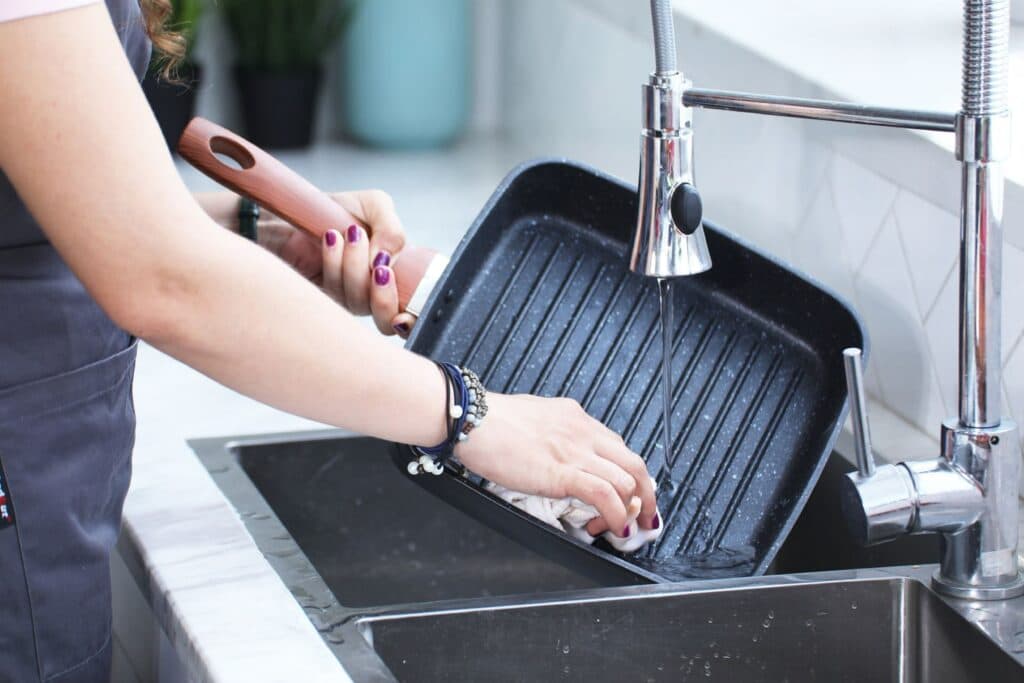
The Importance of Water Pressure in a Home
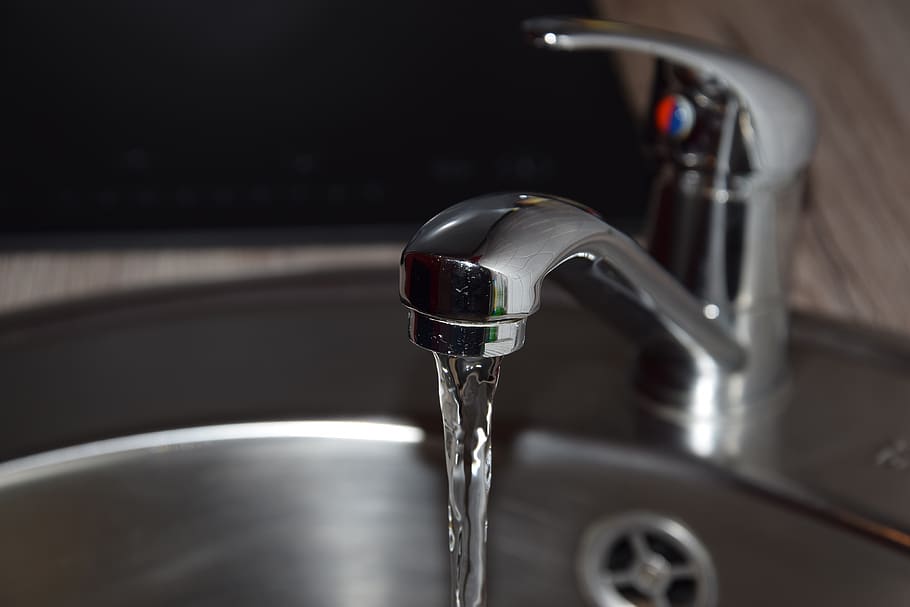 Having proper water pressure in a home is essential for everyday activities such as showering, doing laundry, and washing dishes. When one specific area, such as the kitchen sink, experiences poor water pressure, it can be frustrating and inconvenient. Poor water pressure can be caused by a variety of factors, and it's important to address the issue to ensure a comfortable and functional living environment.
Having proper water pressure in a home is essential for everyday activities such as showering, doing laundry, and washing dishes. When one specific area, such as the kitchen sink, experiences poor water pressure, it can be frustrating and inconvenient. Poor water pressure can be caused by a variety of factors, and it's important to address the issue to ensure a comfortable and functional living environment.
Types of Water Pressure Issues
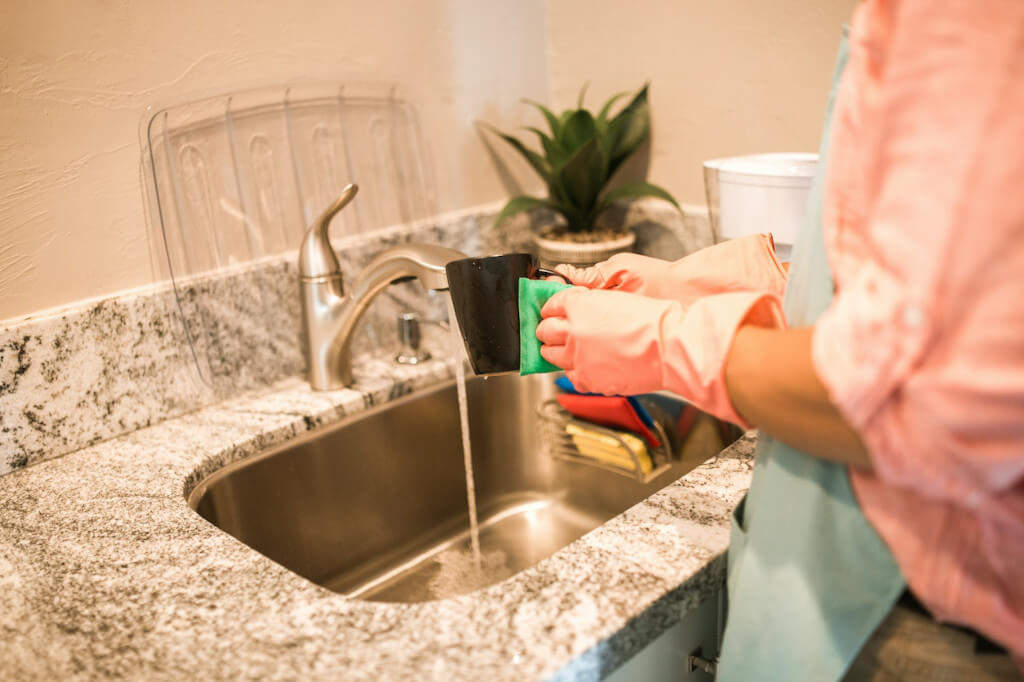 There are two main types of water pressure problems: low water pressure and high water pressure. Low water pressure is when the water flow is weak and may take a long time to fill a bucket or run a bath. High water pressure is when the water flow is too strong and can cause damage to pipes and appliances. In the case of poor water pressure in just the kitchen sink, it is most likely a low water pressure issue.
There are two main types of water pressure problems: low water pressure and high water pressure. Low water pressure is when the water flow is weak and may take a long time to fill a bucket or run a bath. High water pressure is when the water flow is too strong and can cause damage to pipes and appliances. In the case of poor water pressure in just the kitchen sink, it is most likely a low water pressure issue.
Possible Causes of Poor Water Pressure in the Kitchen Sink
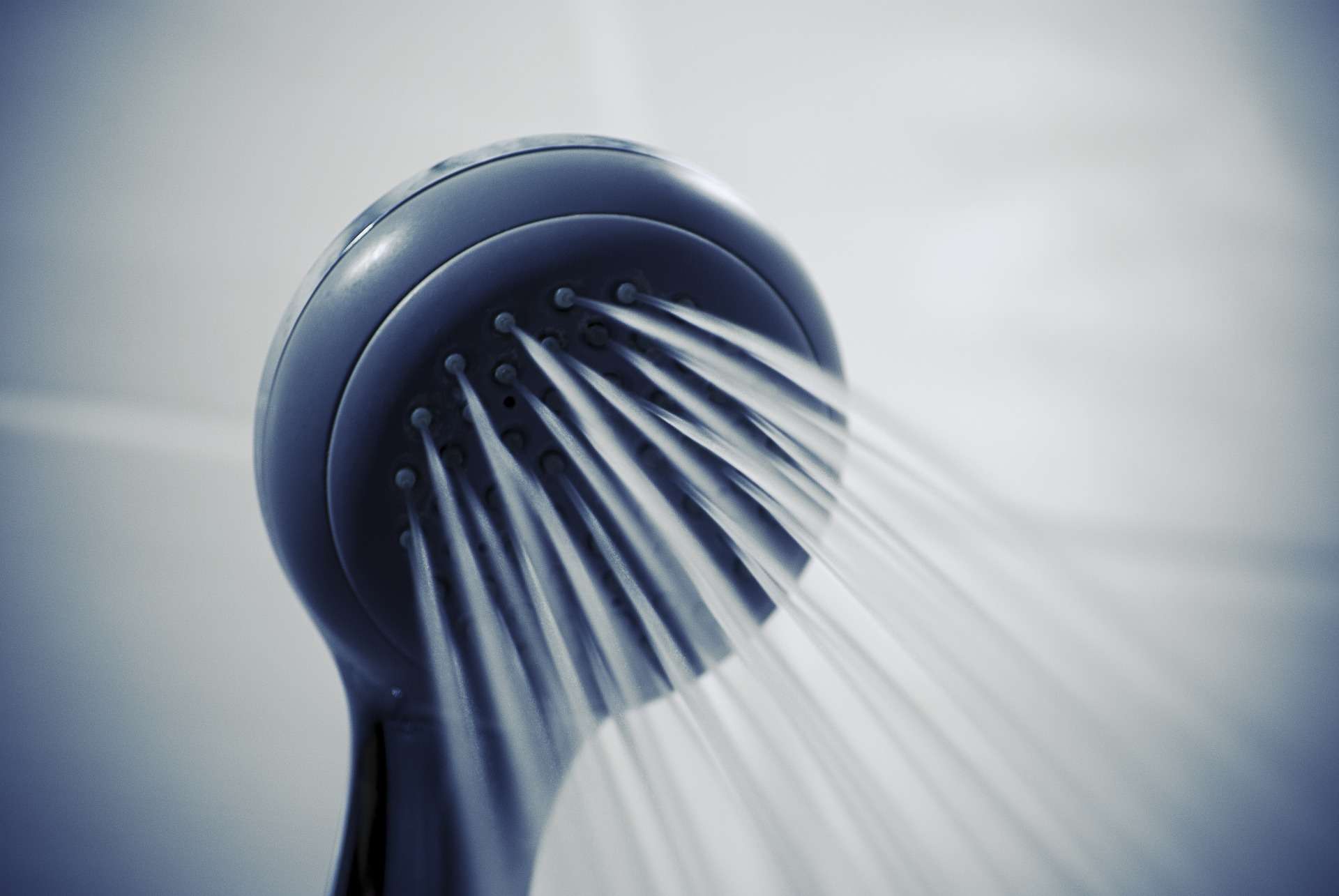 There are several potential causes for poor water pressure in just the kitchen sink. One common cause is a clogged or faulty faucet aerator. The aerator is a small screen located at the end of the faucet and can become clogged with mineral deposits or debris over time. This restricts the water flow and results in poor water pressure. Another possible cause is a clogged or damaged water supply line leading to the kitchen sink. These supply lines can become clogged with mineral deposits or debris, causing a decrease in water flow.
There are several potential causes for poor water pressure in just the kitchen sink. One common cause is a clogged or faulty faucet aerator. The aerator is a small screen located at the end of the faucet and can become clogged with mineral deposits or debris over time. This restricts the water flow and results in poor water pressure. Another possible cause is a clogged or damaged water supply line leading to the kitchen sink. These supply lines can become clogged with mineral deposits or debris, causing a decrease in water flow.
Solving the Issue
 To address poor water pressure in just the kitchen sink, start by checking the faucet aerator for any clogs. If it is clogged, it can be easily cleaned by soaking it in vinegar or replacing it altogether. If the aerator is not the issue, then it may be a clogged supply line. This will require a plumber to either clean or replace the supply line. In some cases, the issue may be larger and require a professional plumber to assess and fix.
In conclusion,
poor water pressure in just the kitchen sink can be caused by various factors. It is important to address the issue promptly to ensure a comfortable and functional living environment. By identifying the cause and taking the necessary steps to fix it, you can improve the water pressure in your kitchen sink and enjoy a smooth and efficient water flow.
To address poor water pressure in just the kitchen sink, start by checking the faucet aerator for any clogs. If it is clogged, it can be easily cleaned by soaking it in vinegar or replacing it altogether. If the aerator is not the issue, then it may be a clogged supply line. This will require a plumber to either clean or replace the supply line. In some cases, the issue may be larger and require a professional plumber to assess and fix.
In conclusion,
poor water pressure in just the kitchen sink can be caused by various factors. It is important to address the issue promptly to ensure a comfortable and functional living environment. By identifying the cause and taking the necessary steps to fix it, you can improve the water pressure in your kitchen sink and enjoy a smooth and efficient water flow.

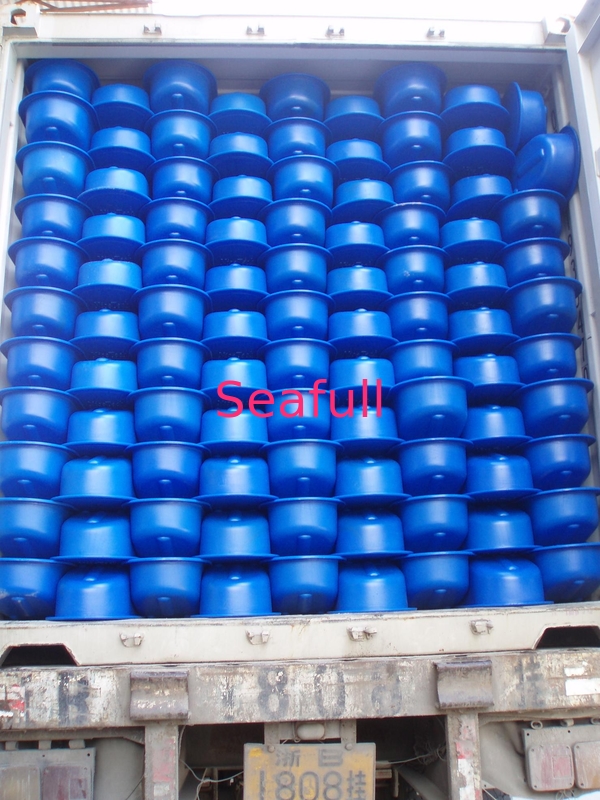
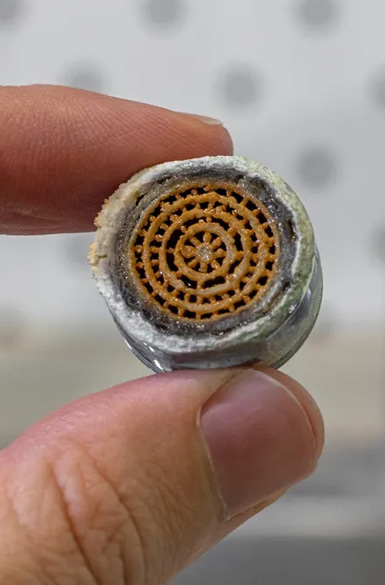

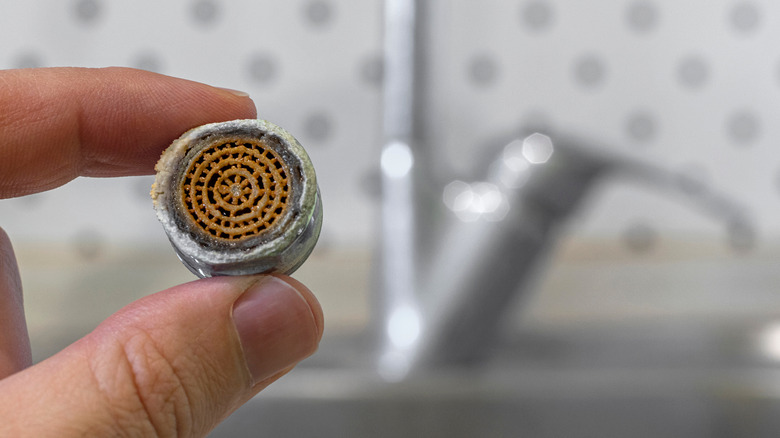
:max_bytes(150000):strip_icc()/clearing-a-blocked-faucet-aerator-2718807-07-b5a90554991f4bb69efb45a472df7f23.jpg)



:max_bytes(150000):strip_icc()/clearing-a-blocked-faucet-aerator-2718807-06-6d7a01f4100e4008844e5d57daca7704.jpg)


:max_bytes(150000):strip_icc()/clearing-a-blocked-faucet-aerator-2718807-13-c249548440dc4b2fb8963b916c27d587.jpg)
:max_bytes(150000):strip_icc()/faulty-kitchen-faucet-140358503-5840b9c43df78c02309d3c30.jpg)

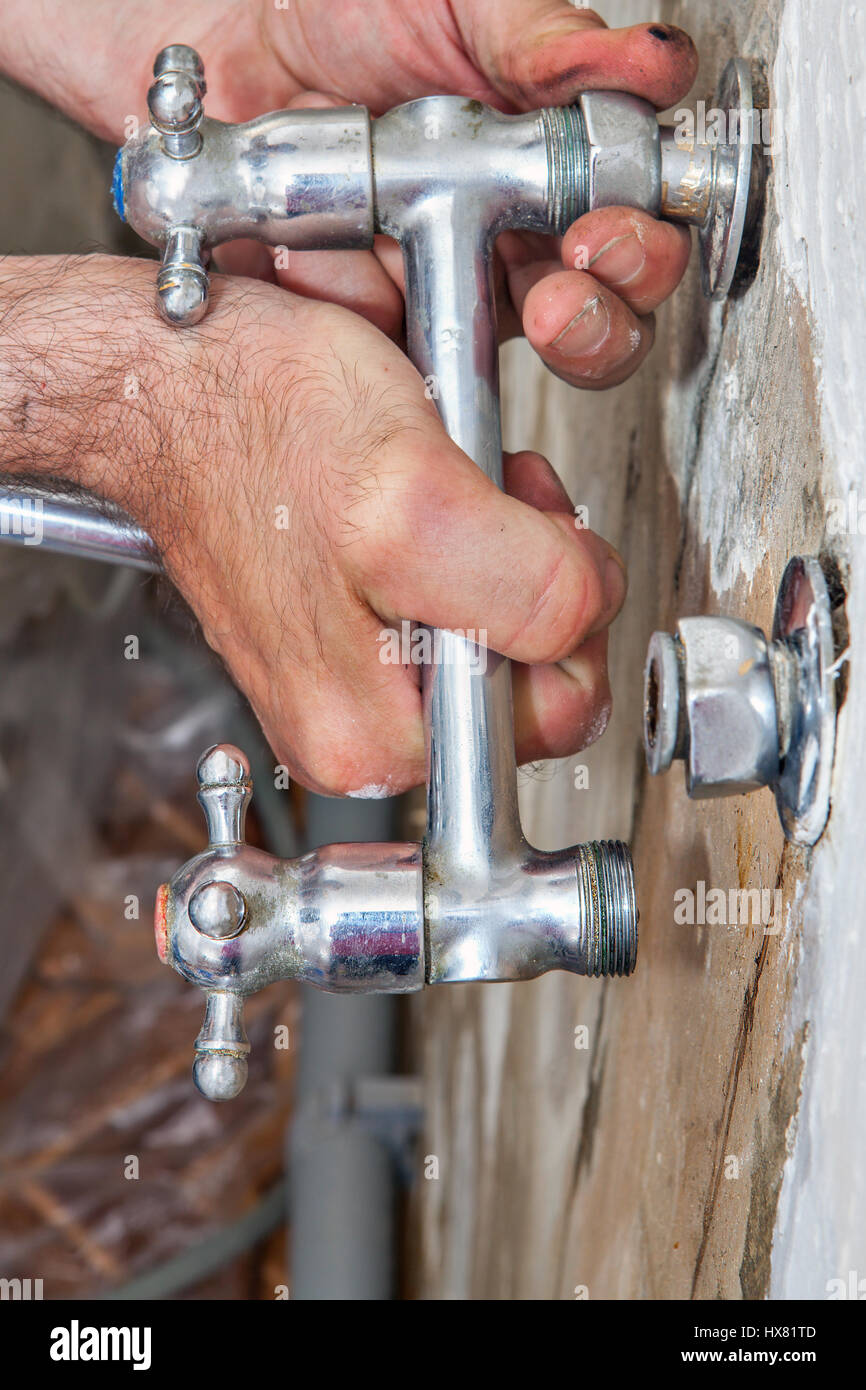

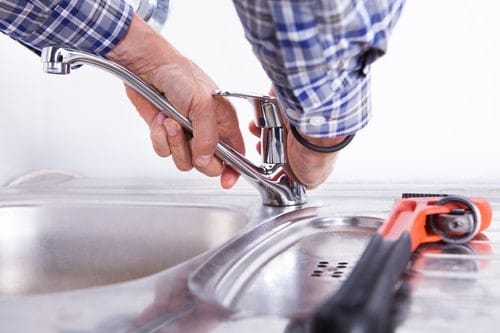

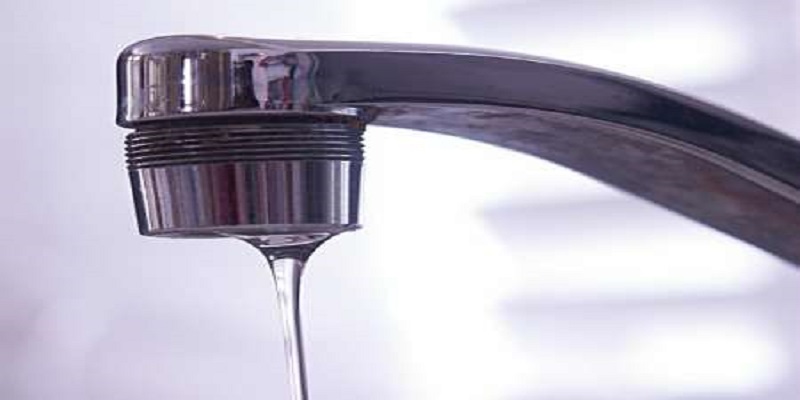









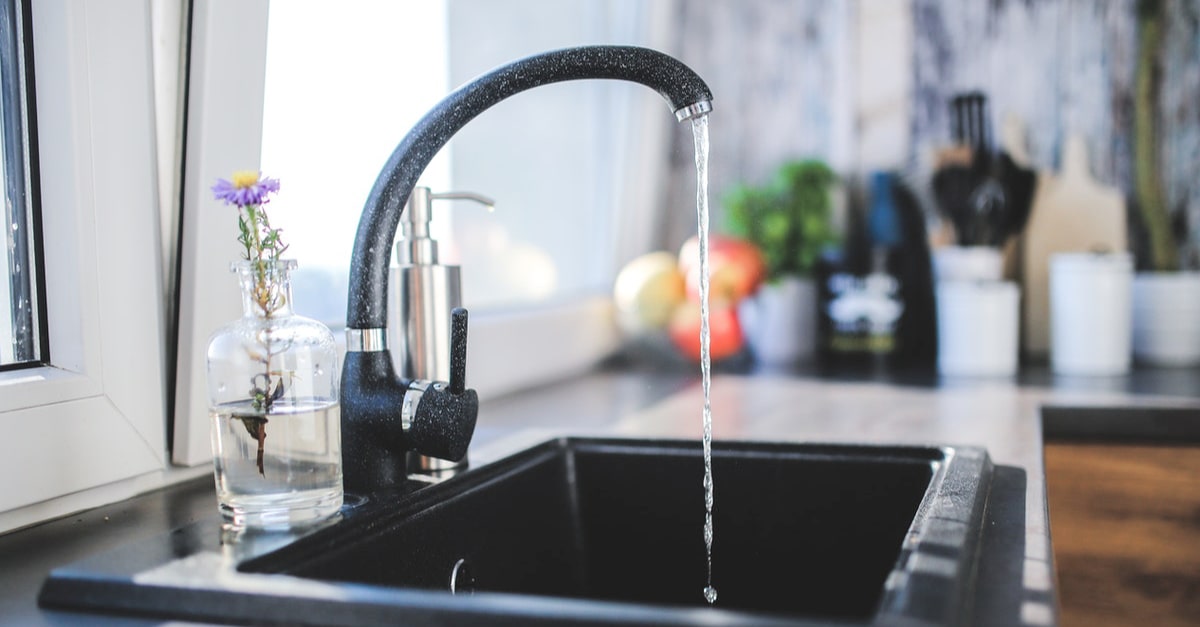

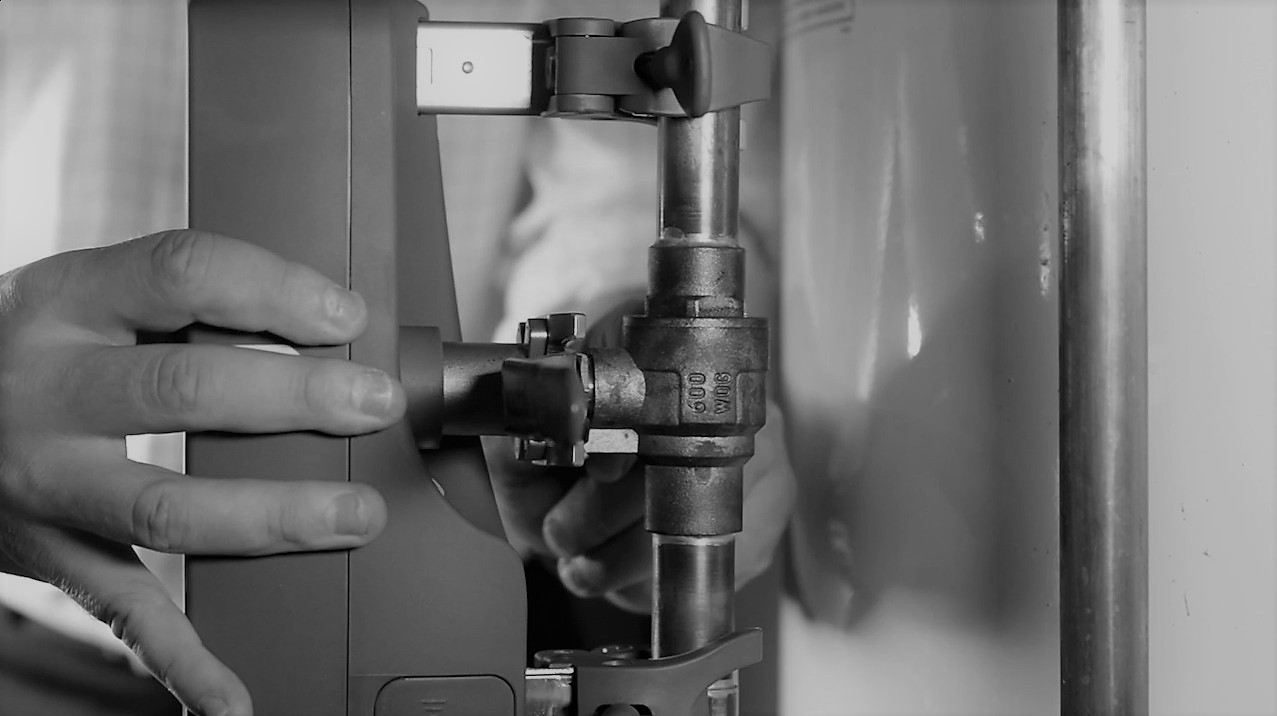
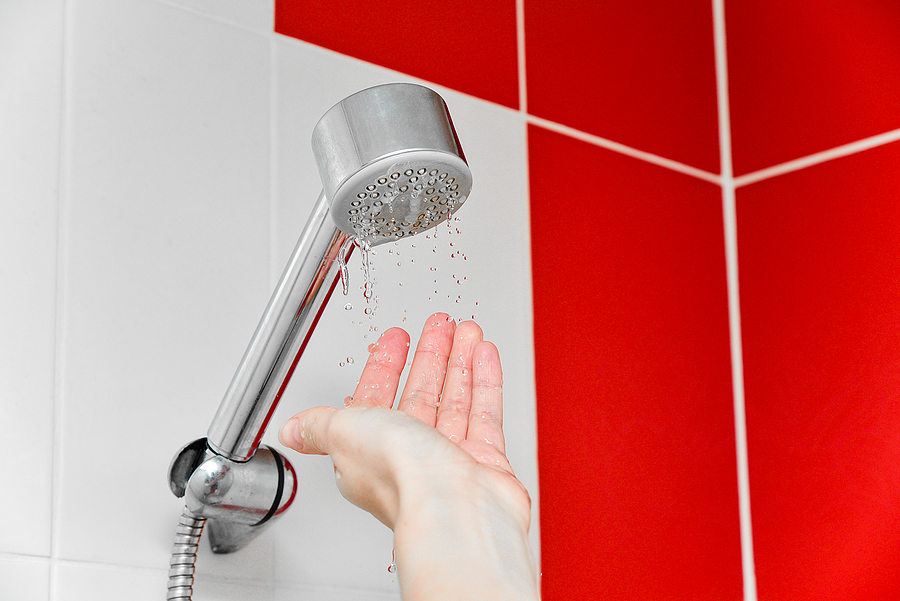

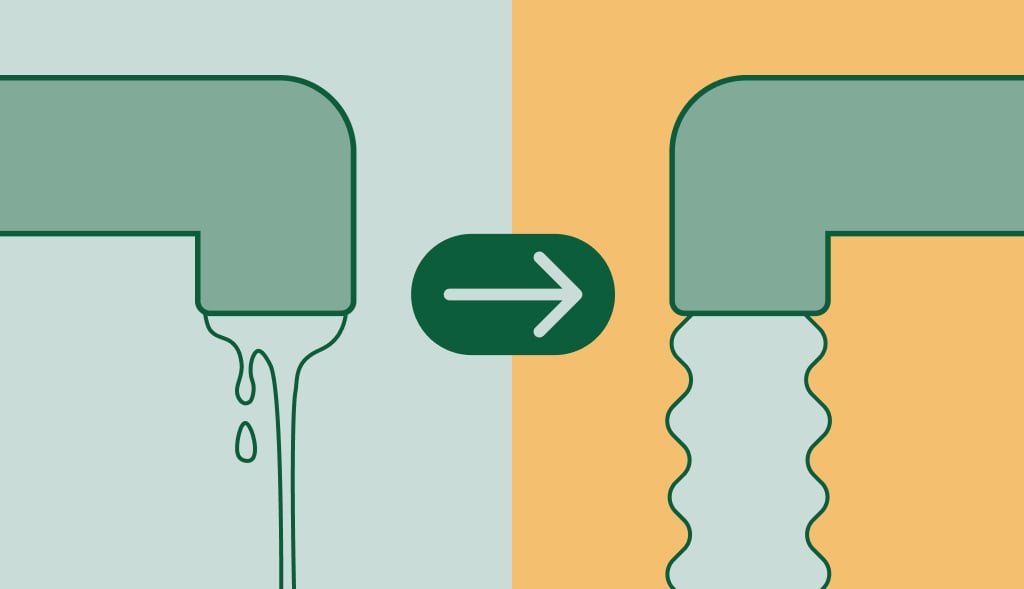


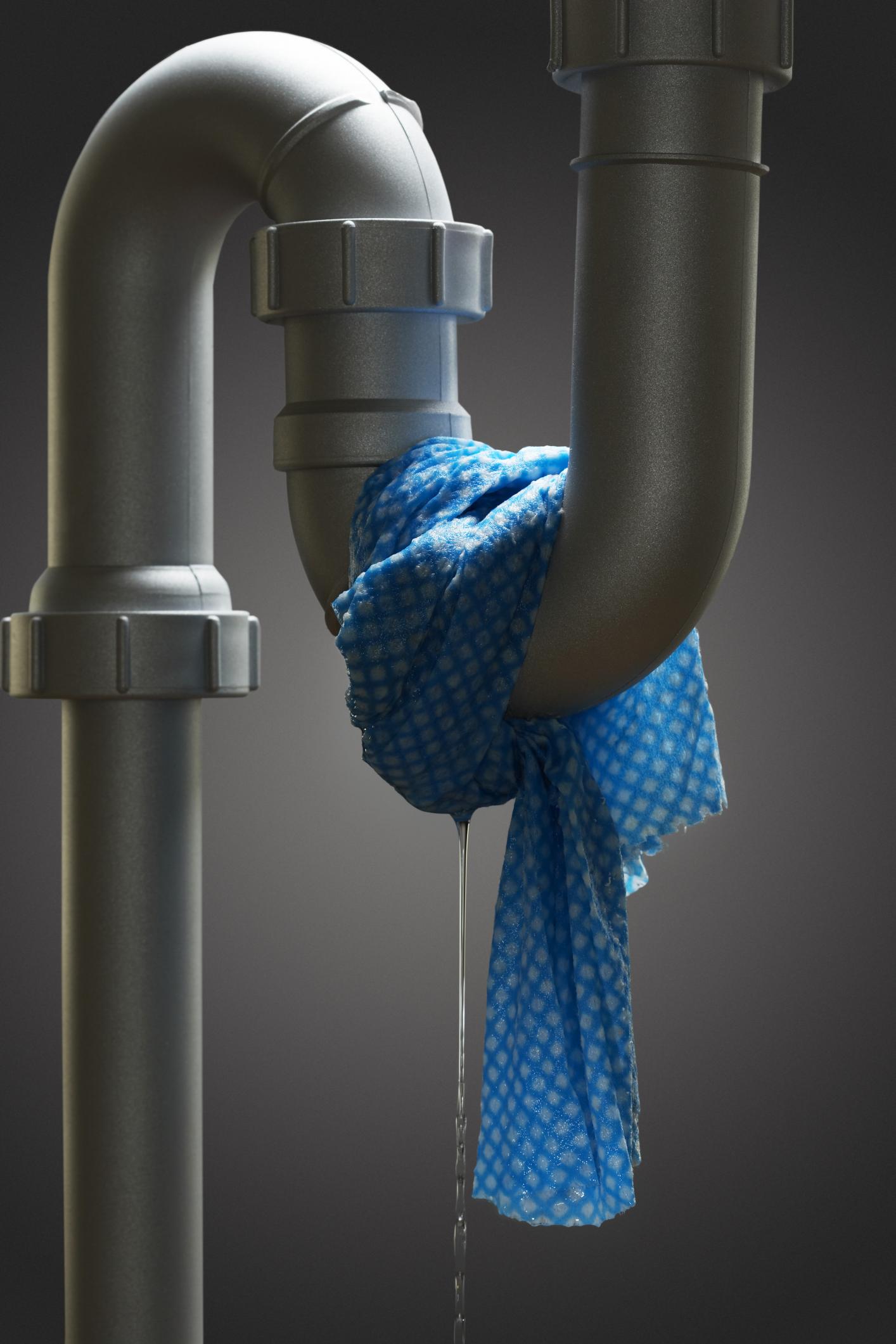
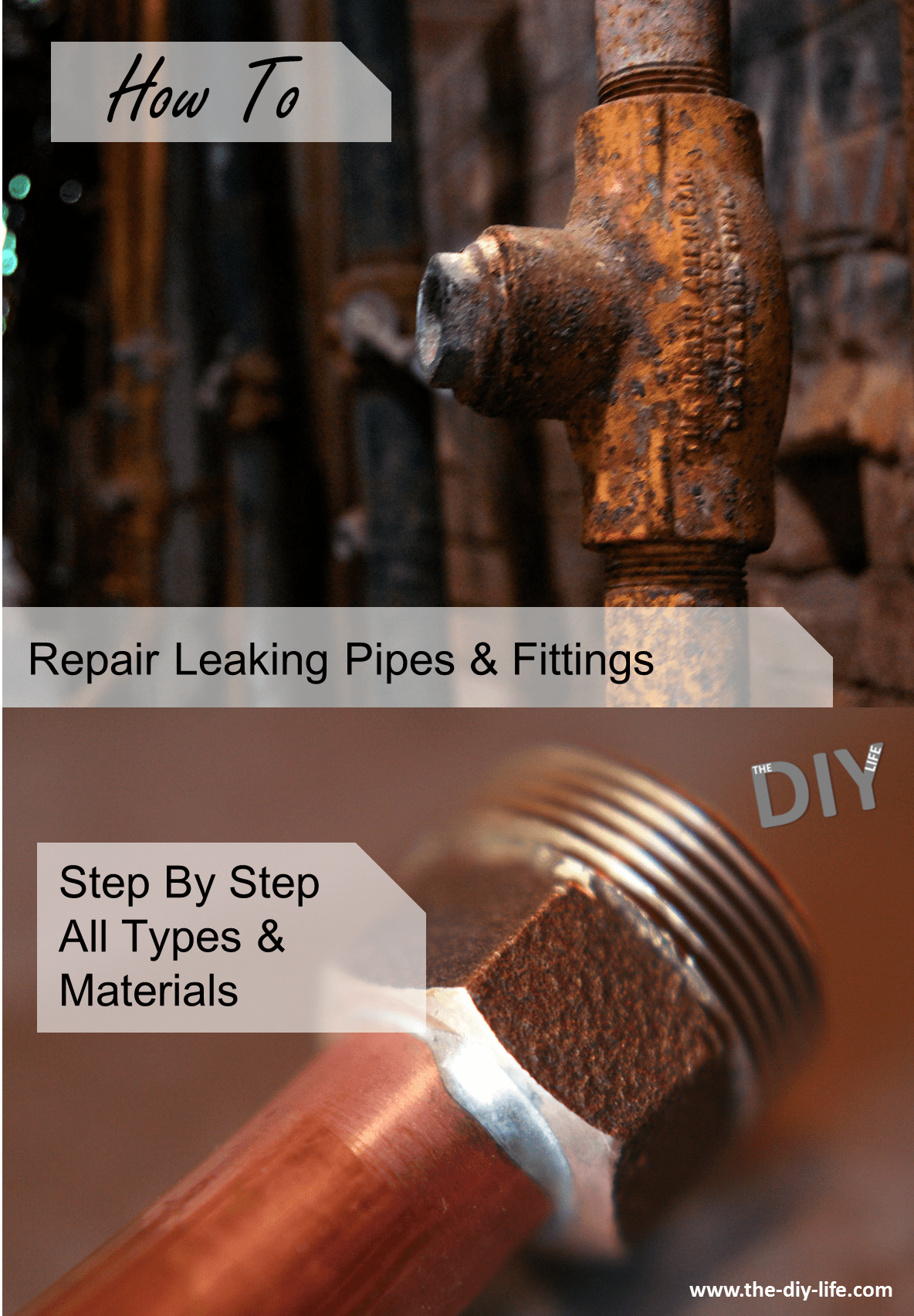

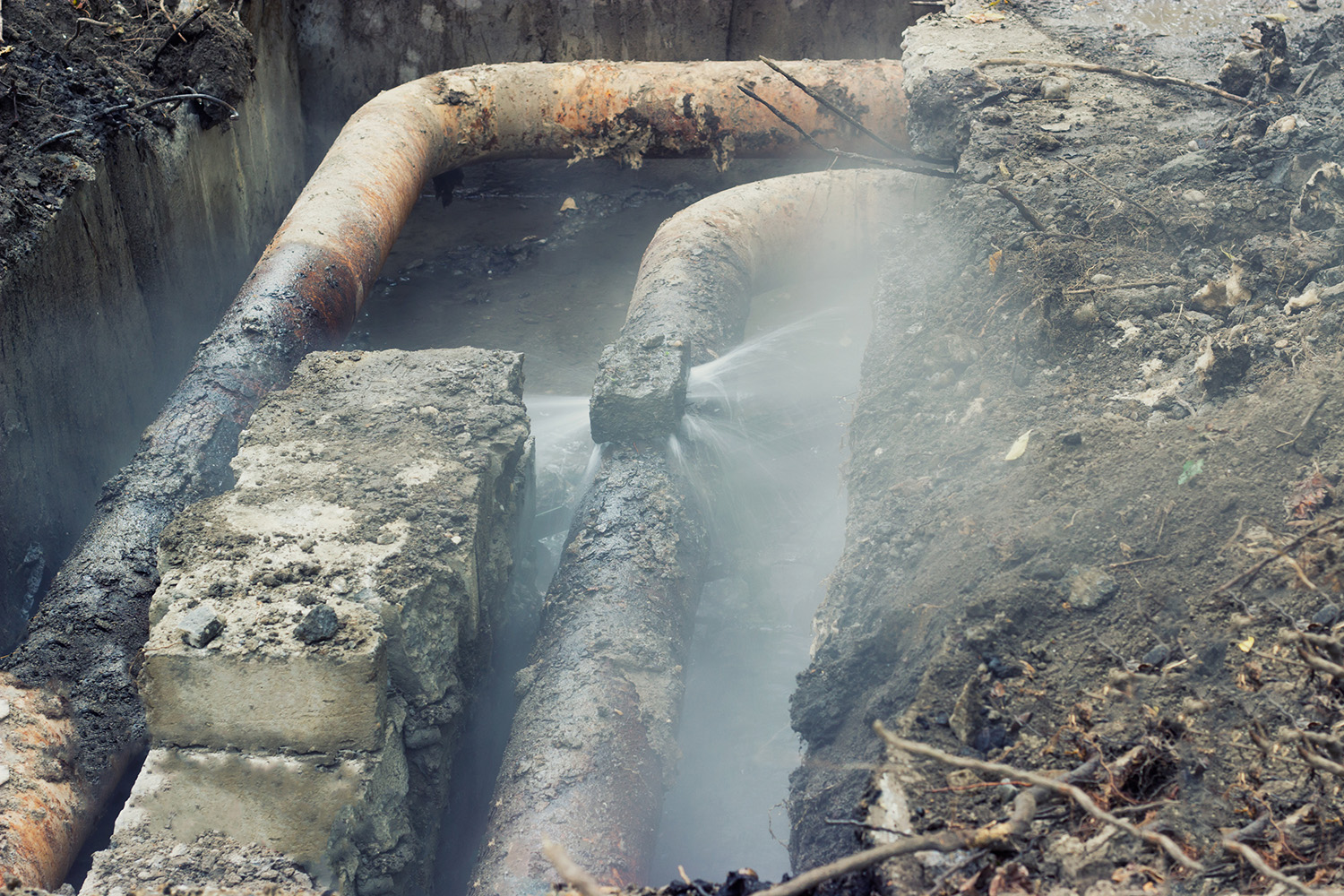
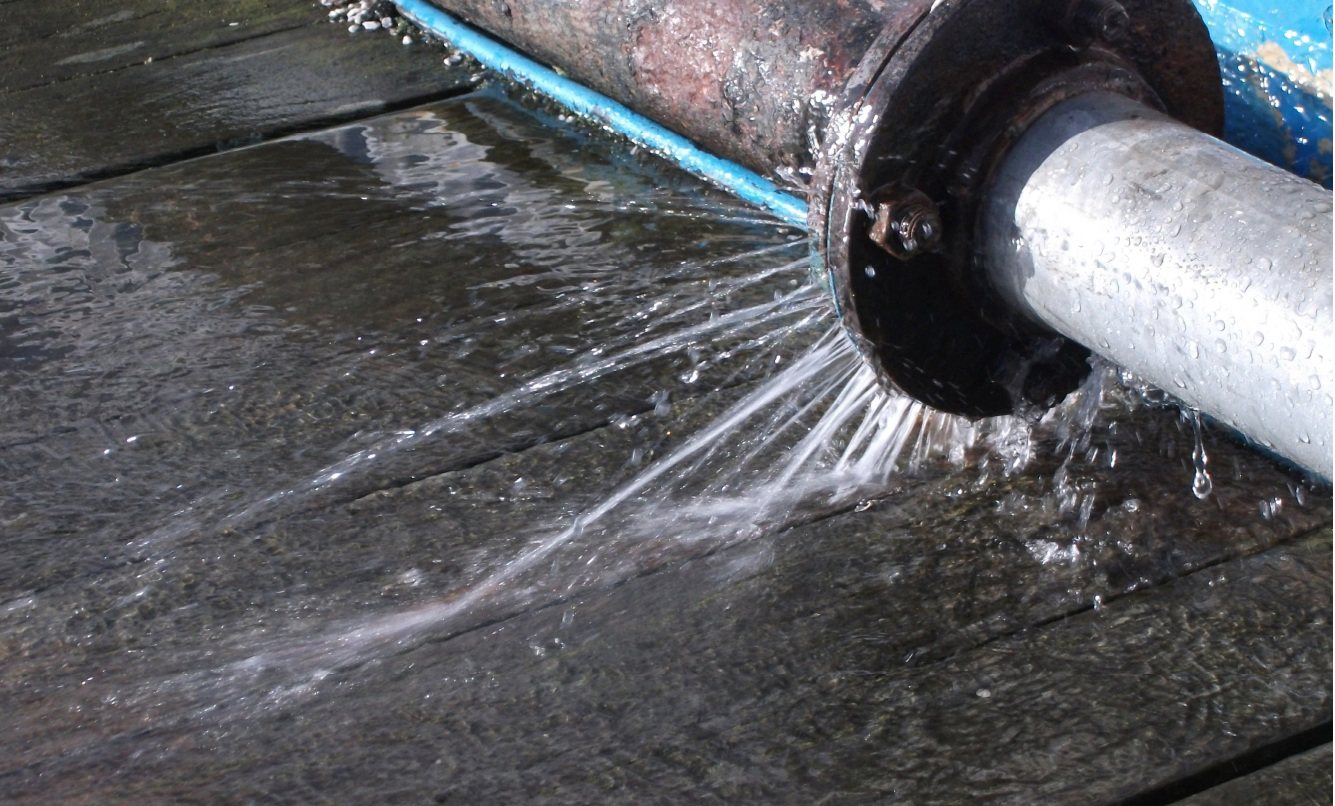

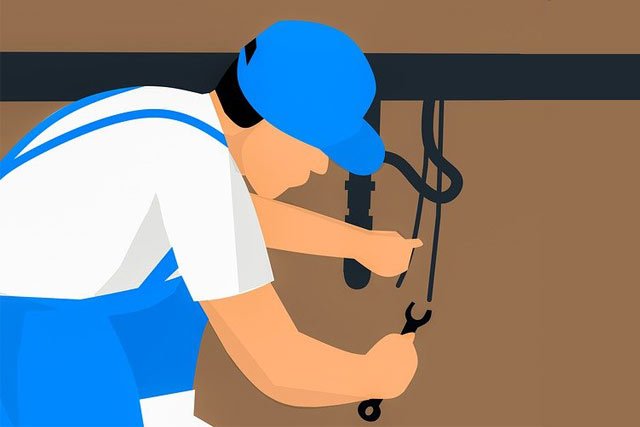

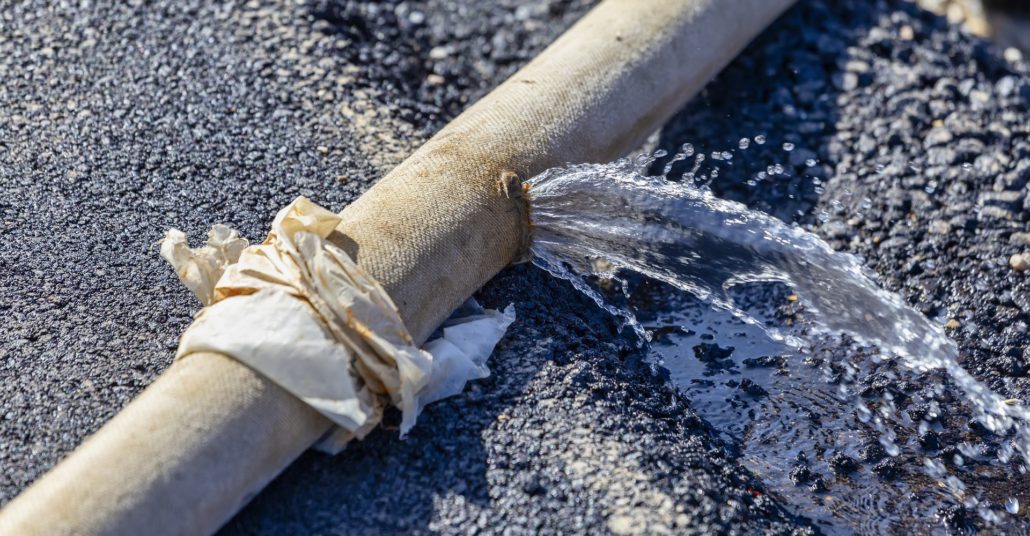
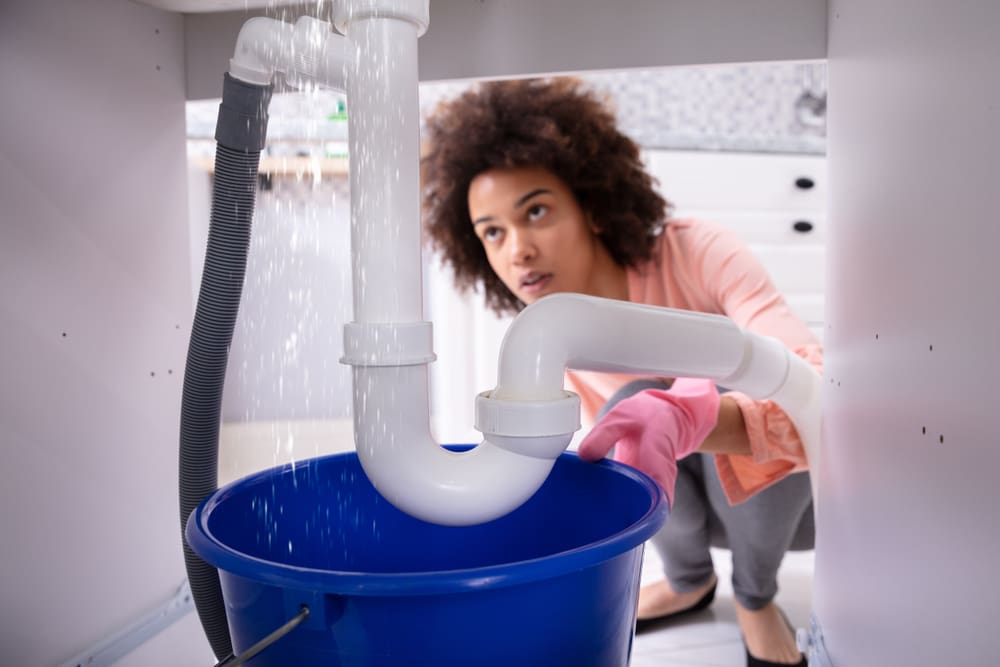
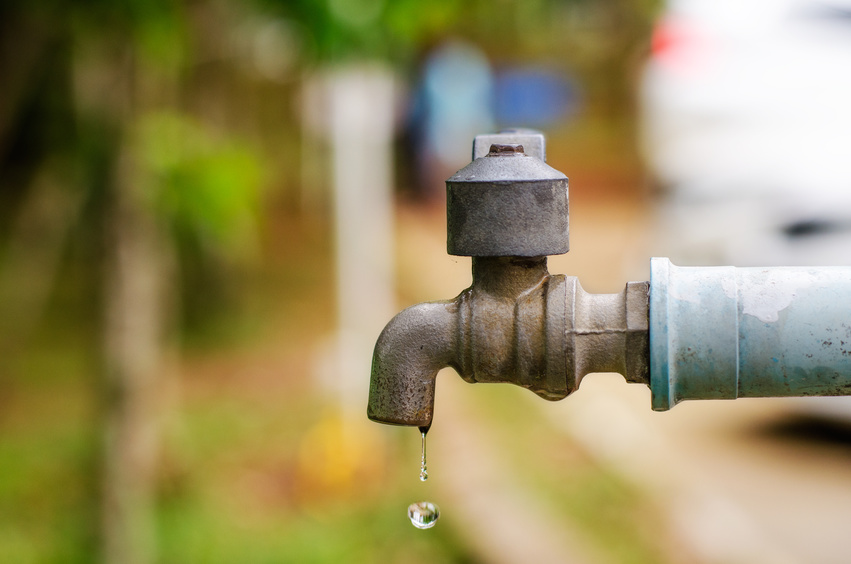
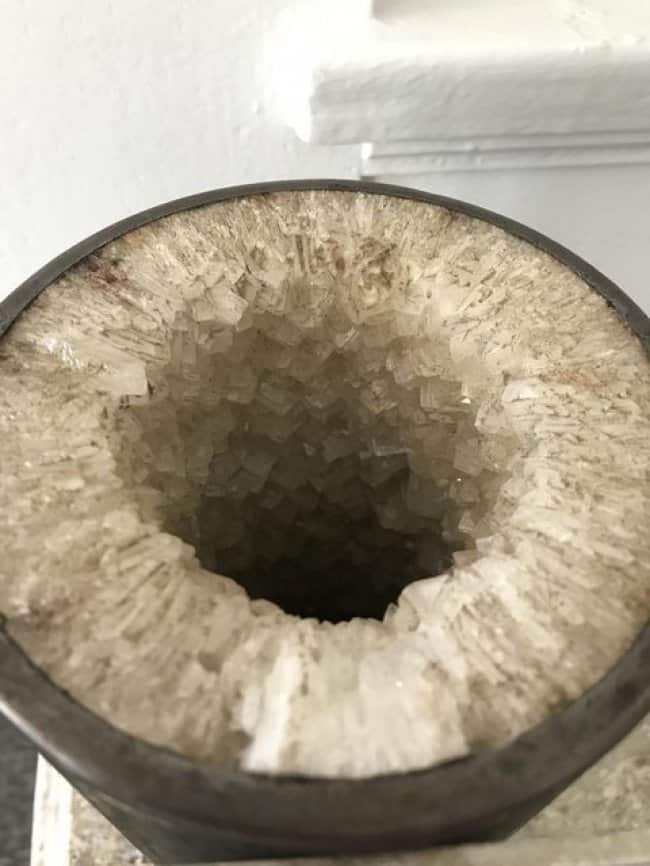


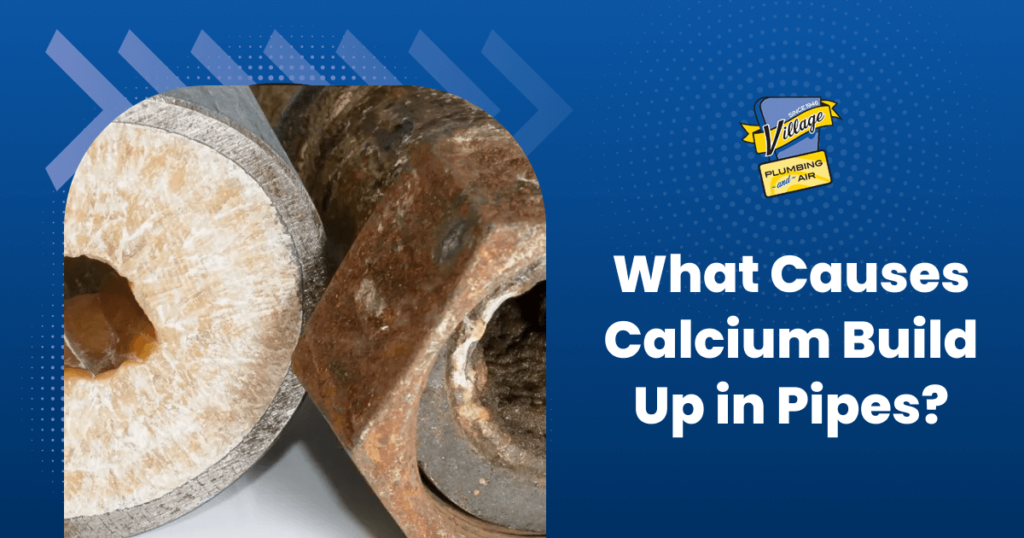
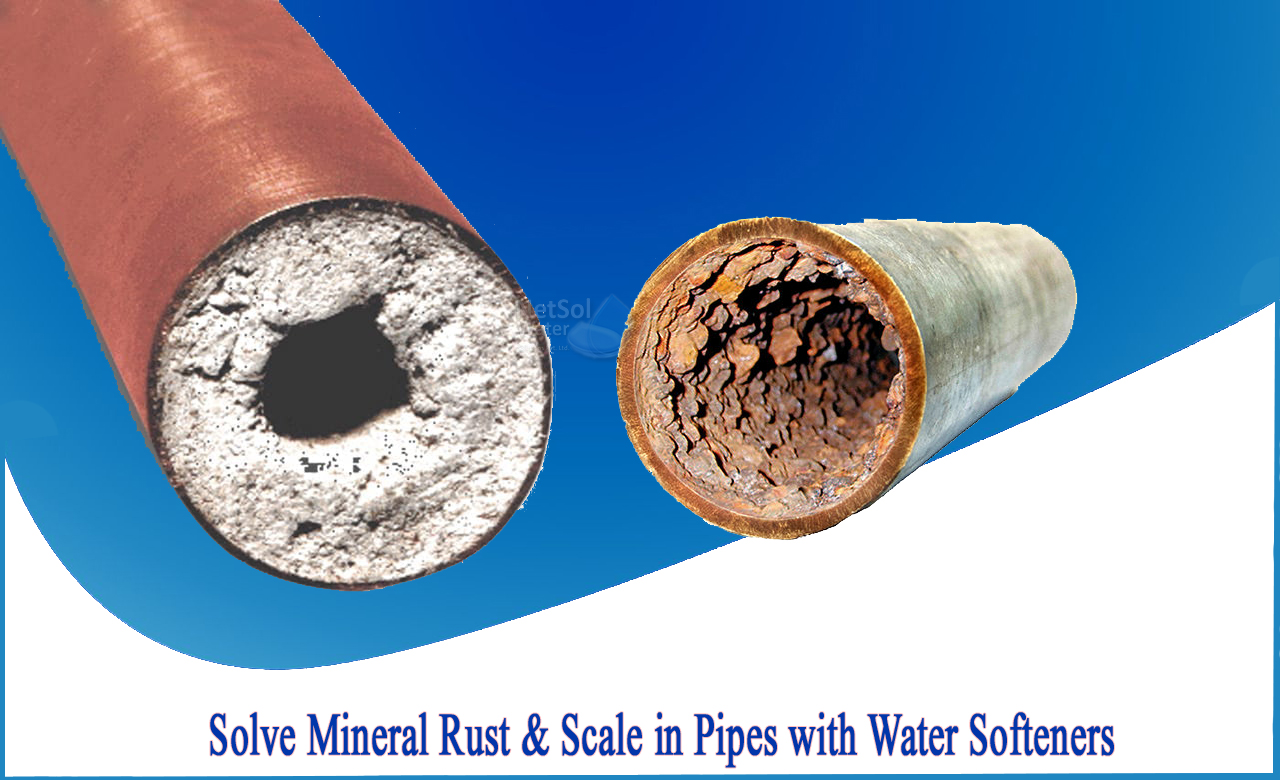







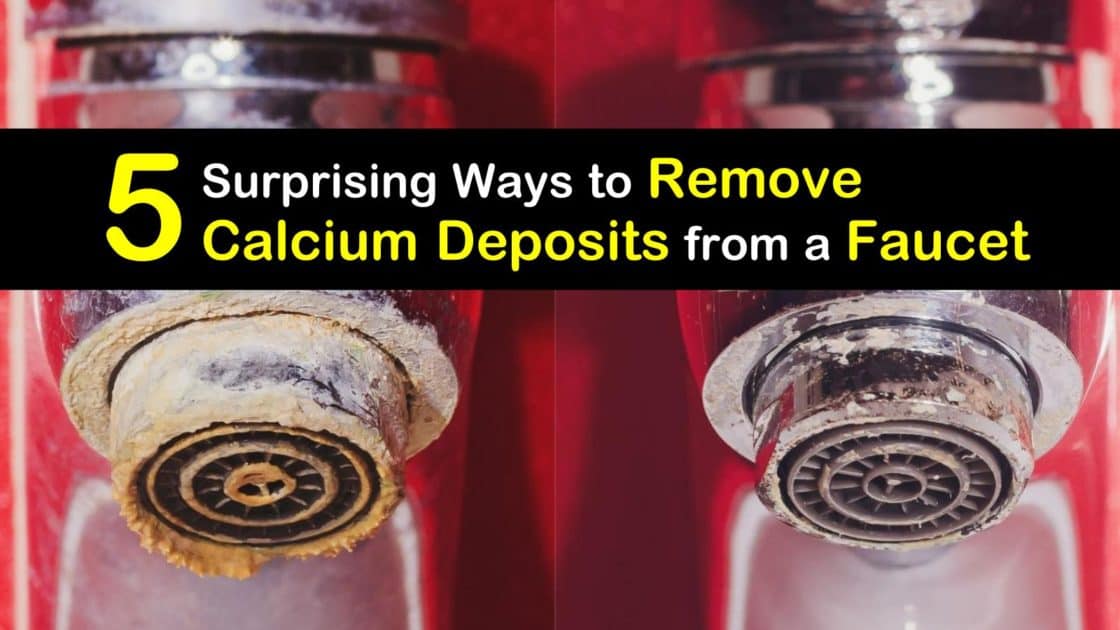




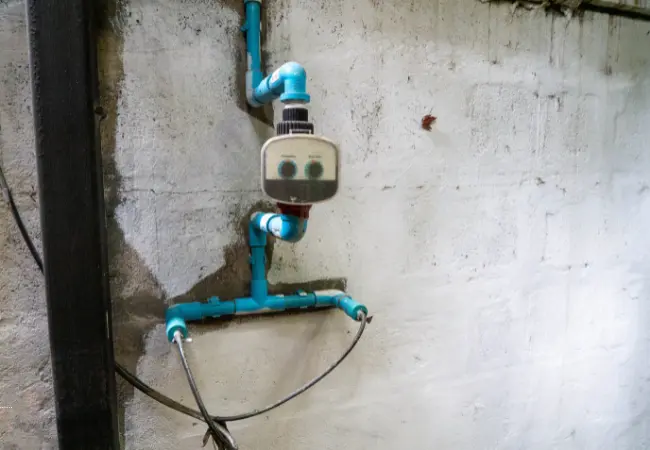
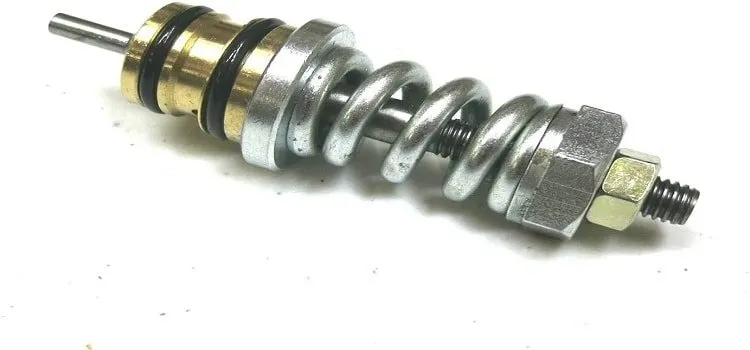

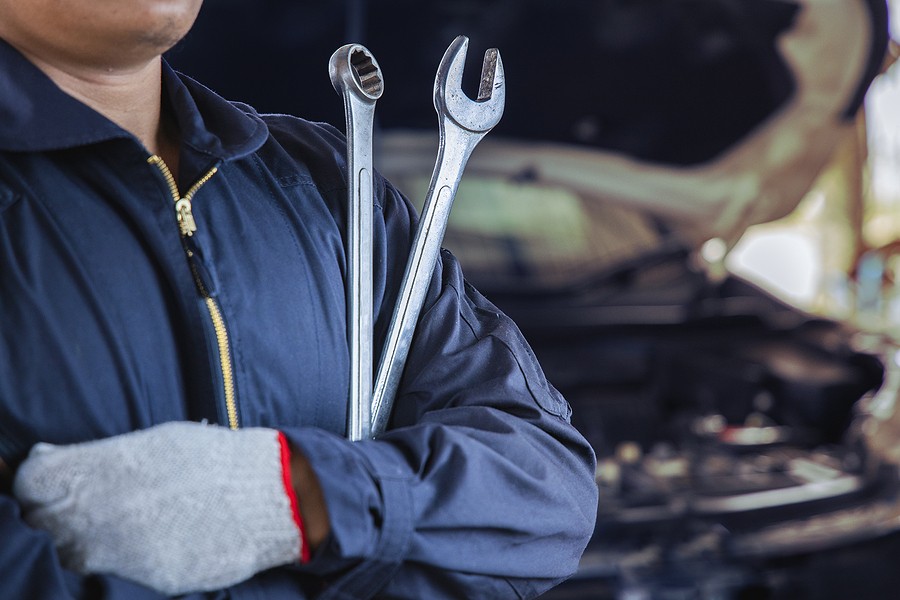


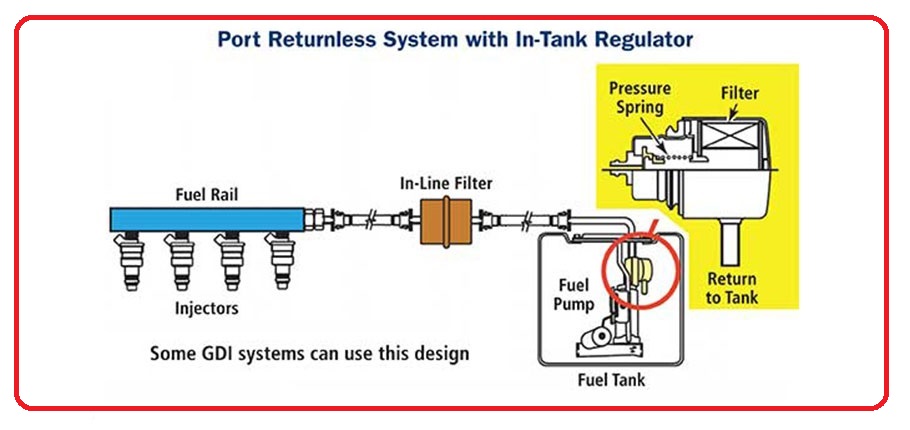





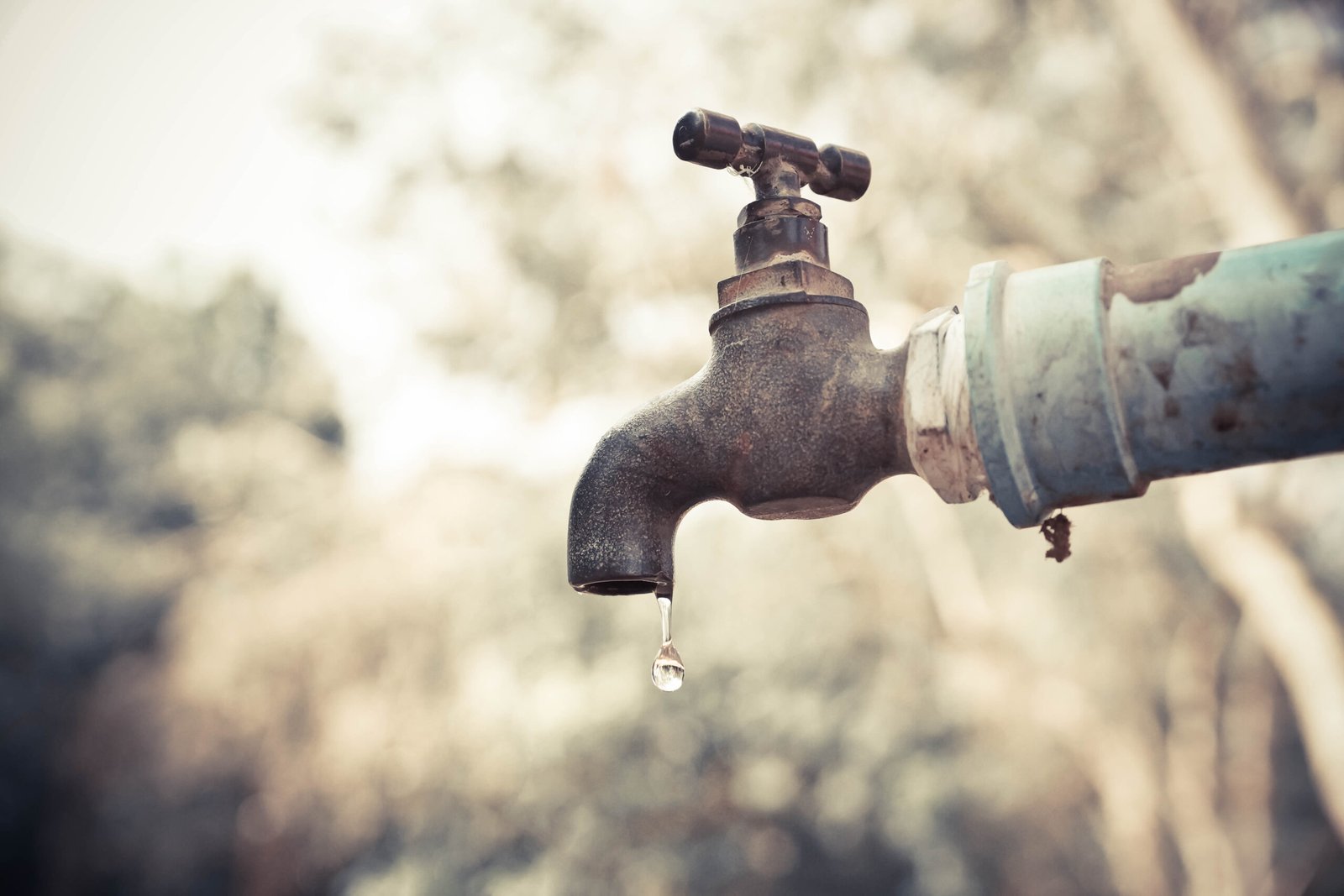

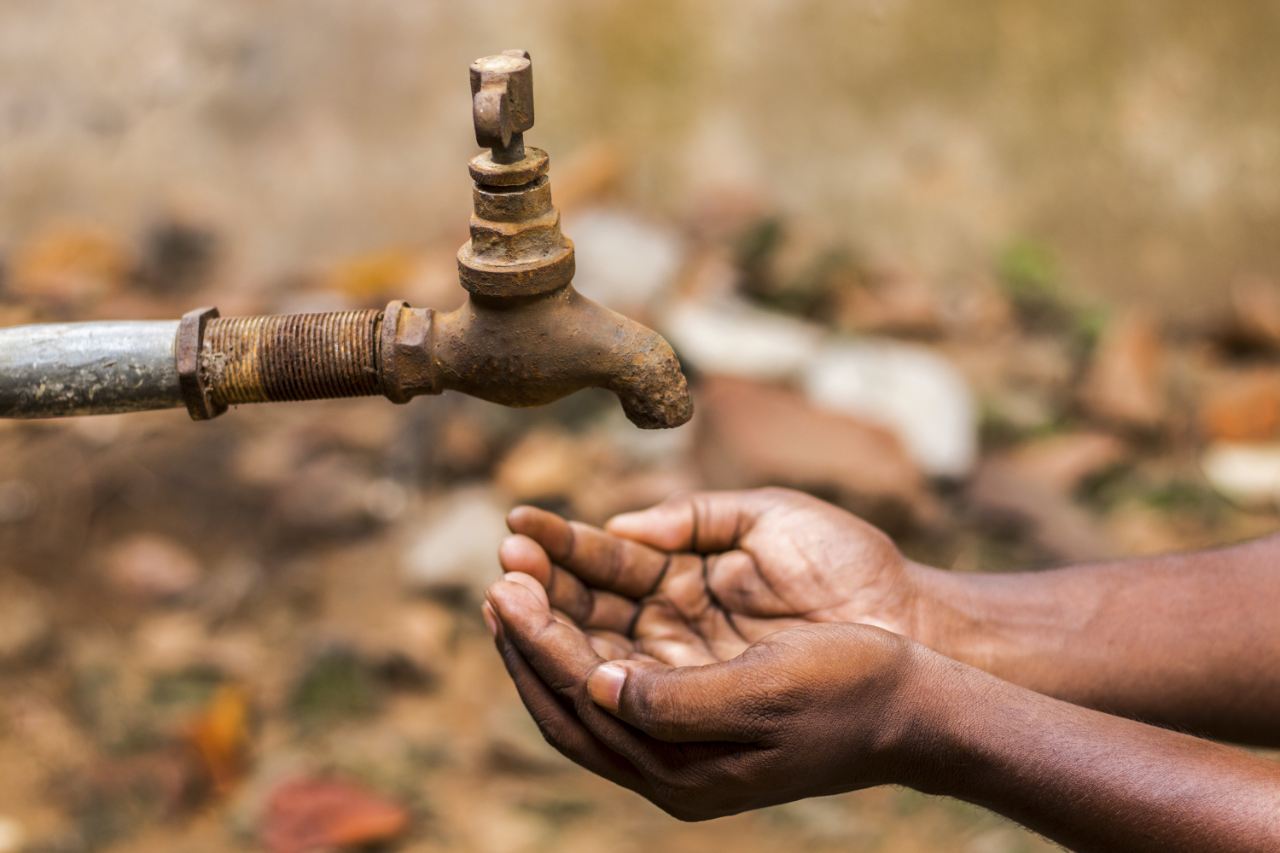



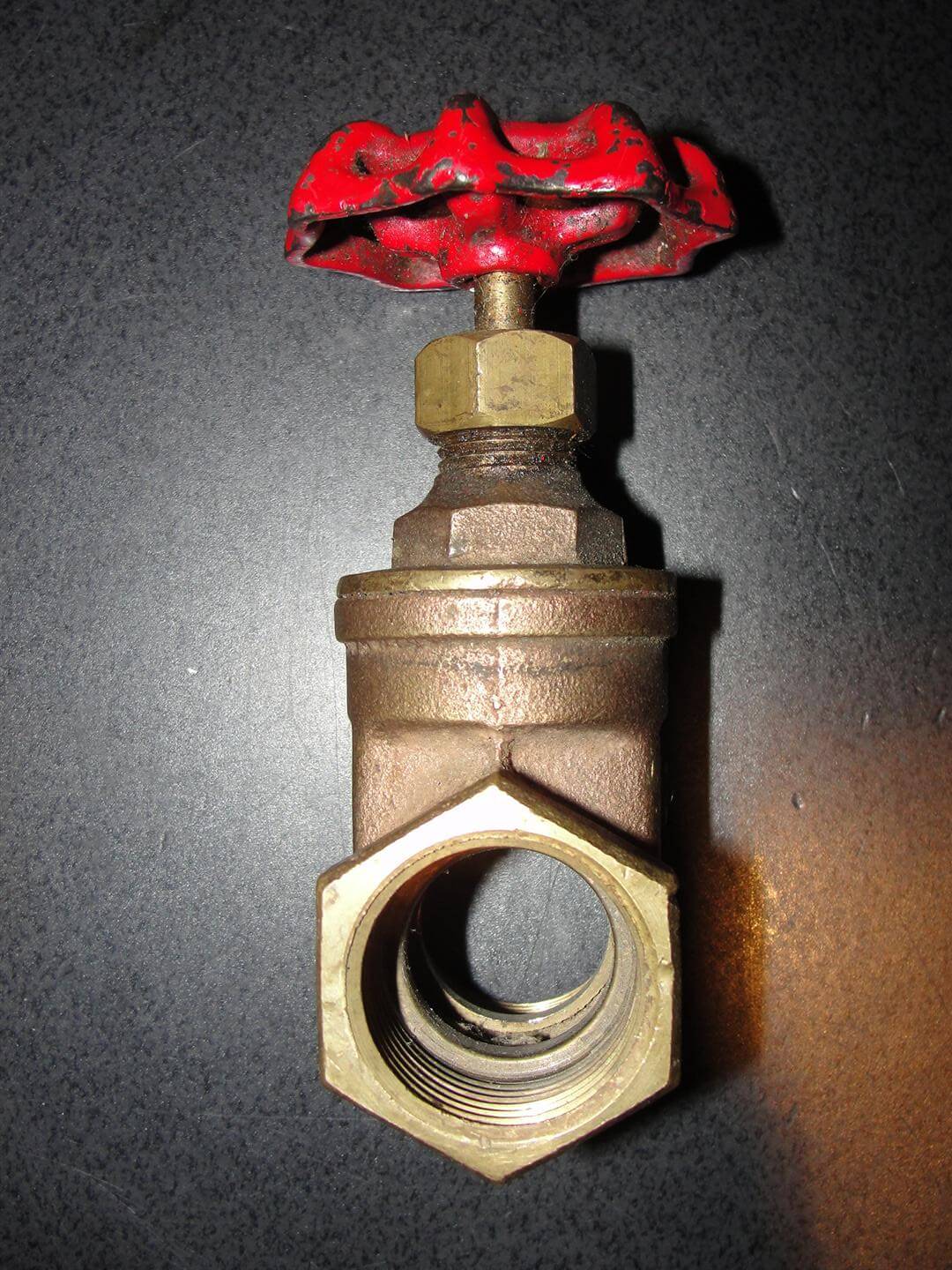
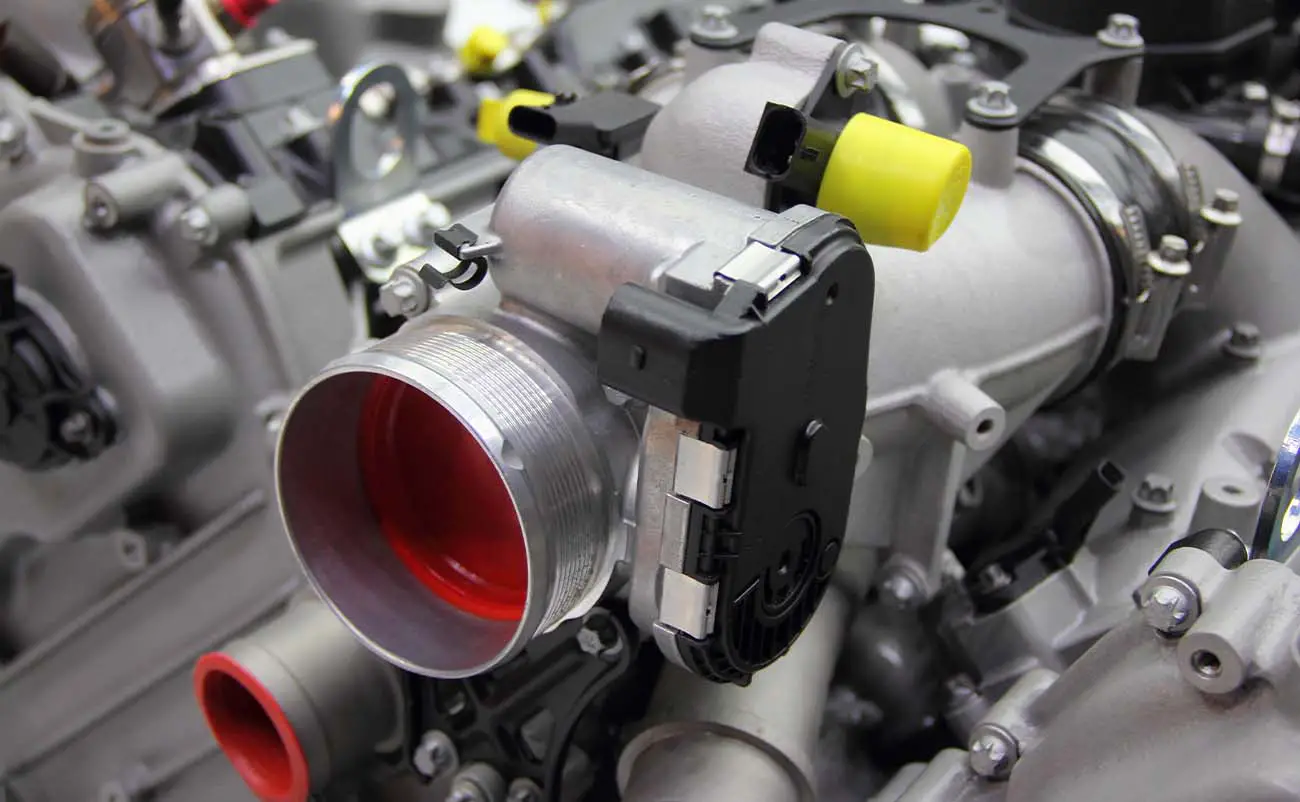
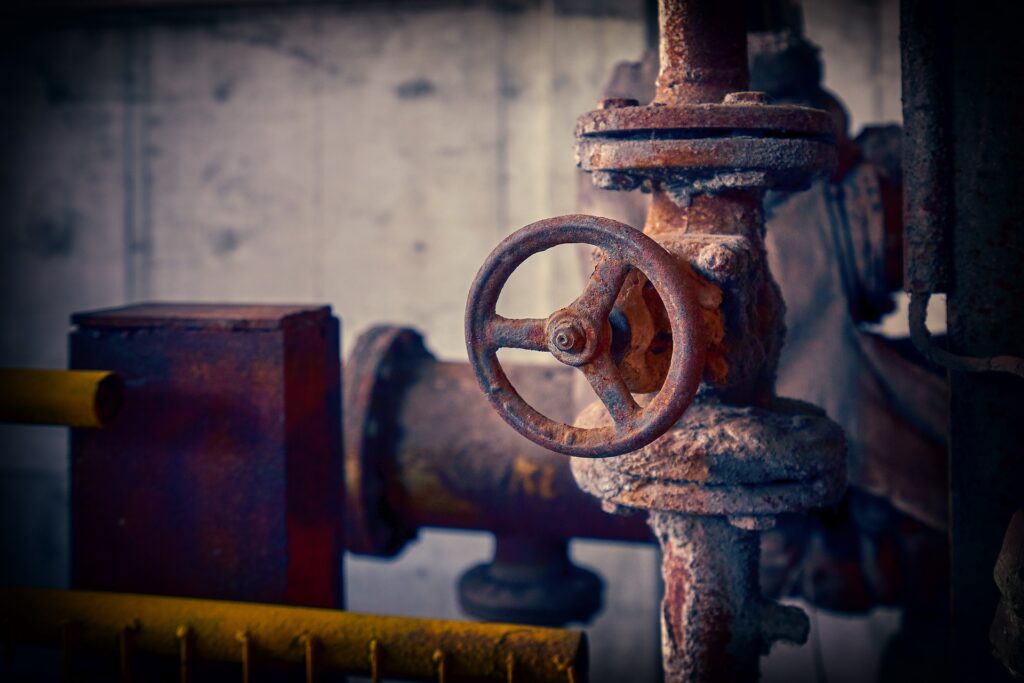
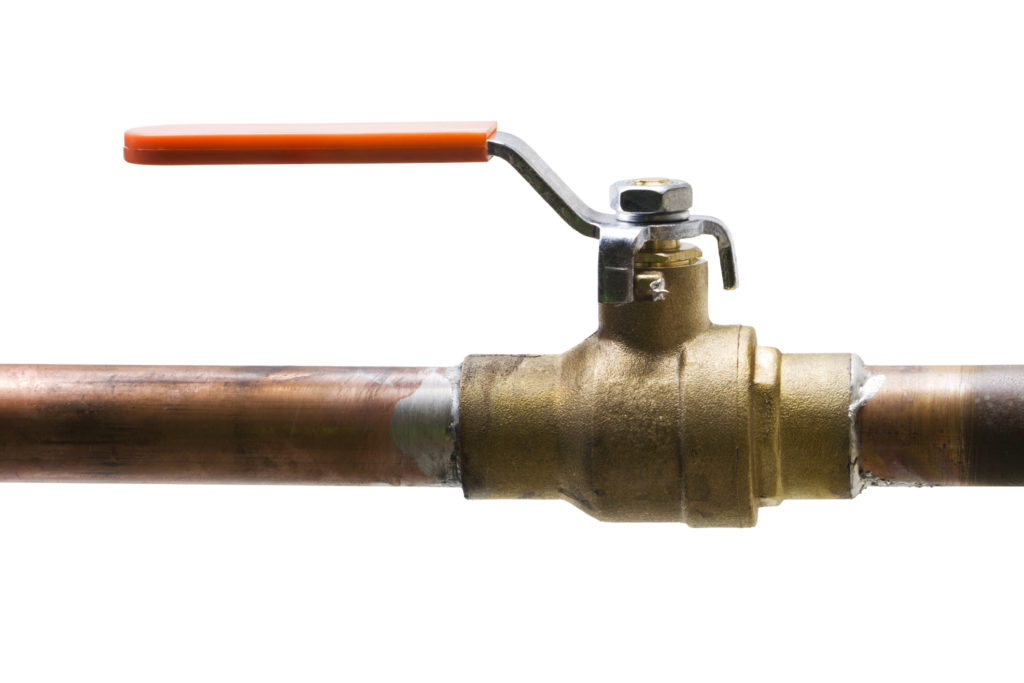



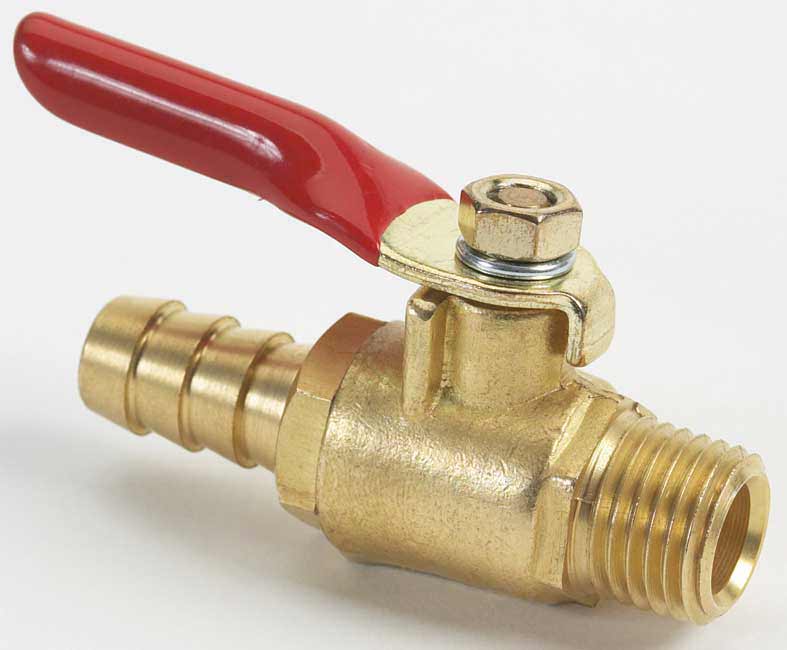
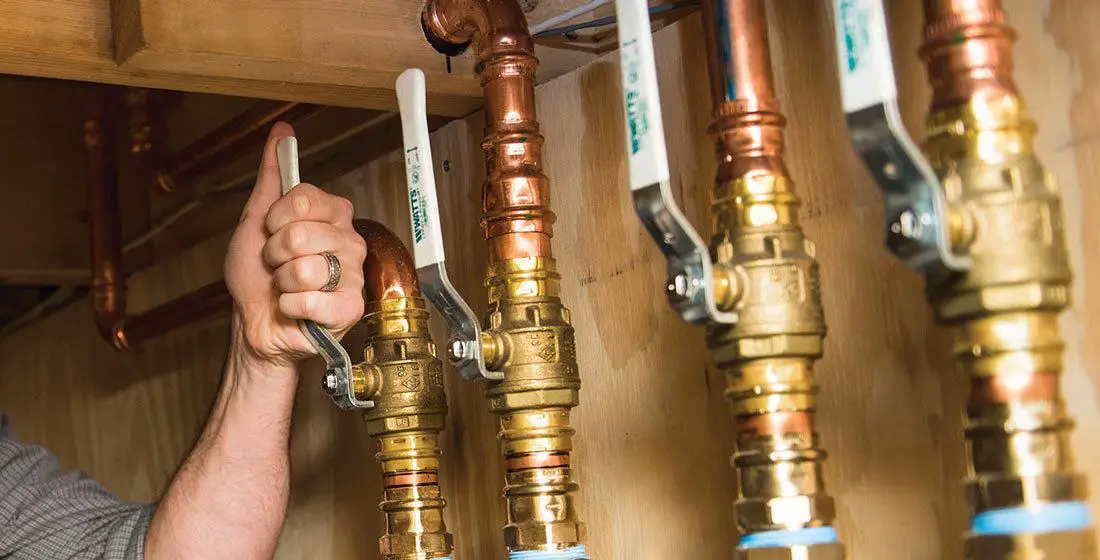



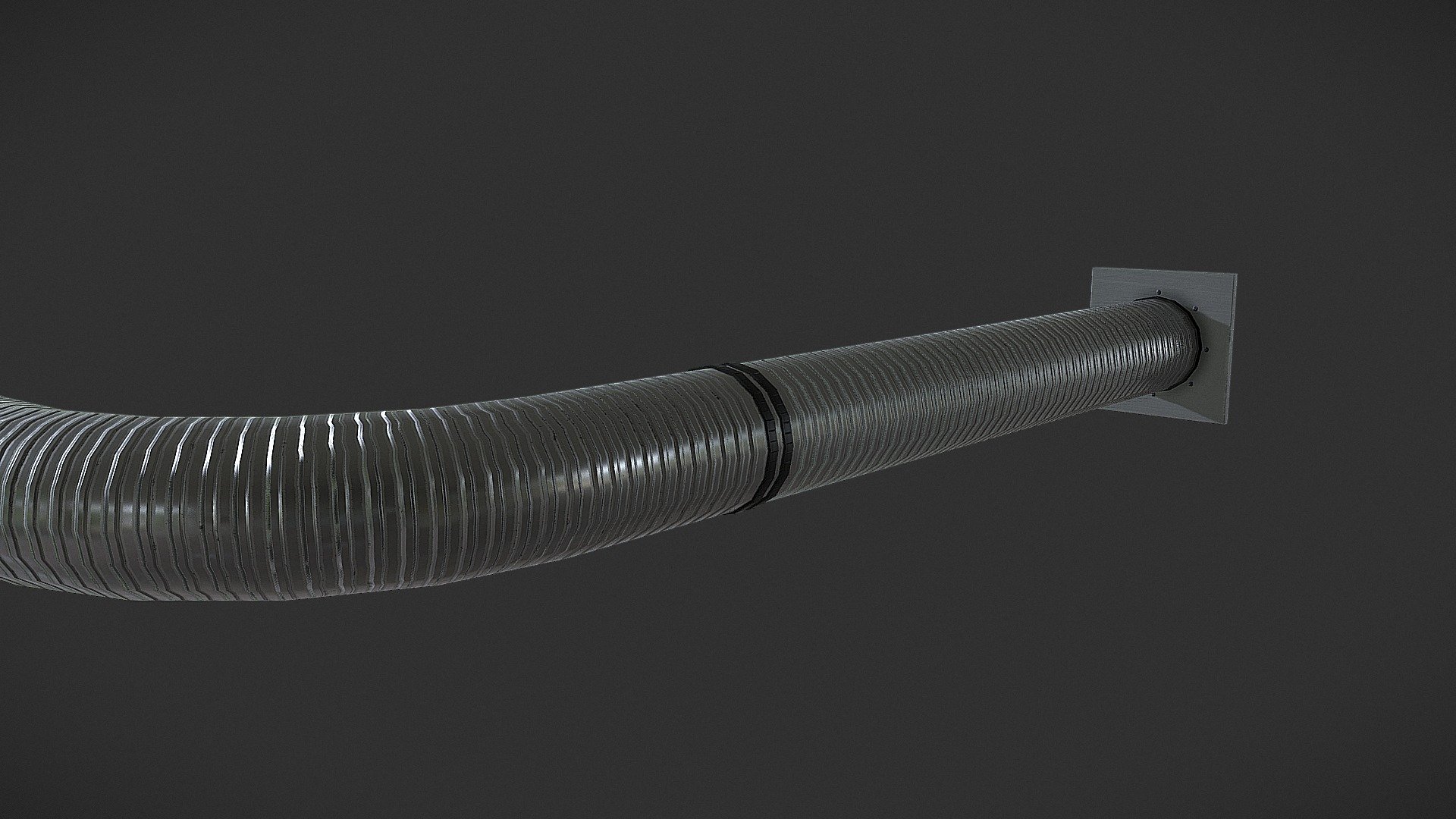





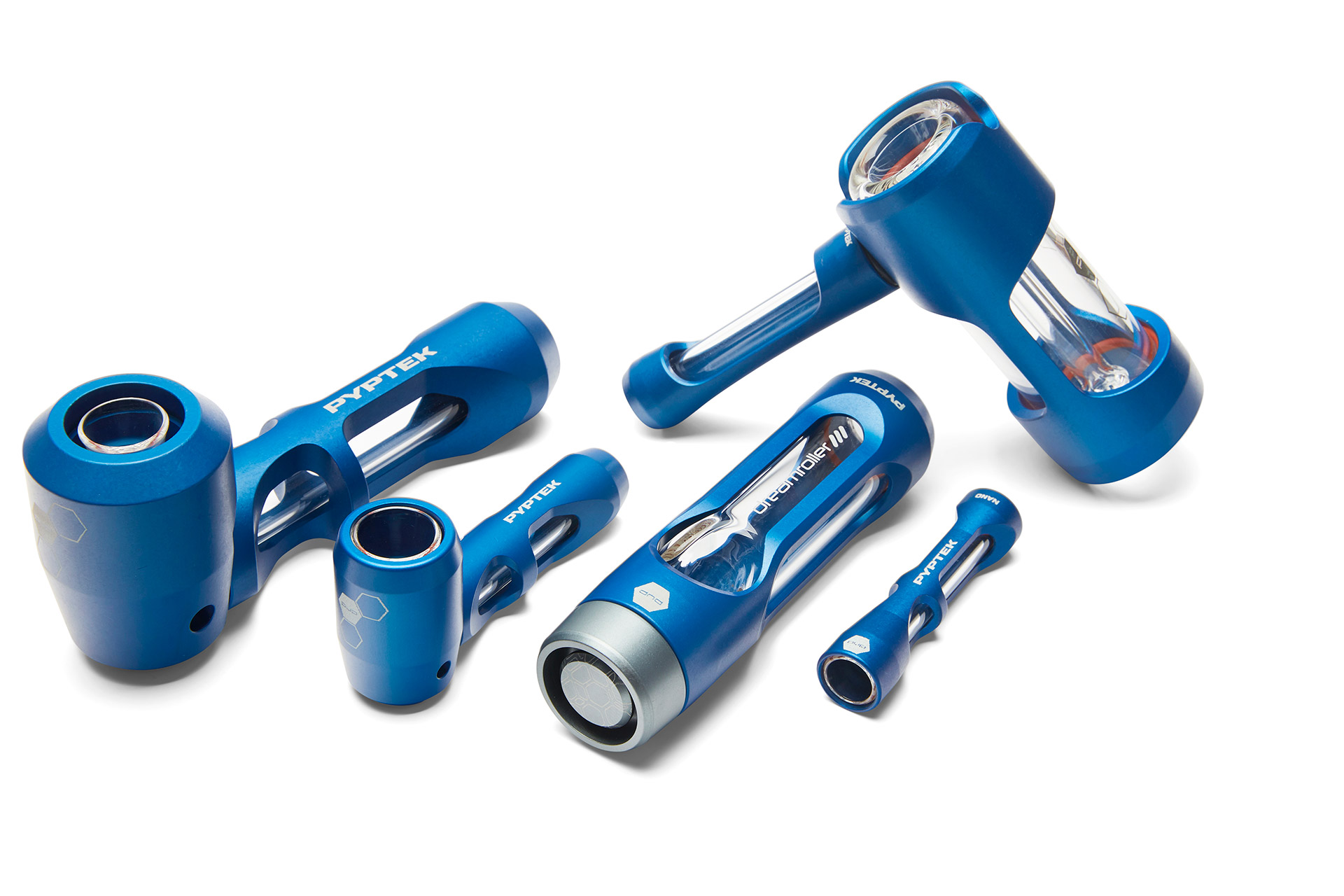





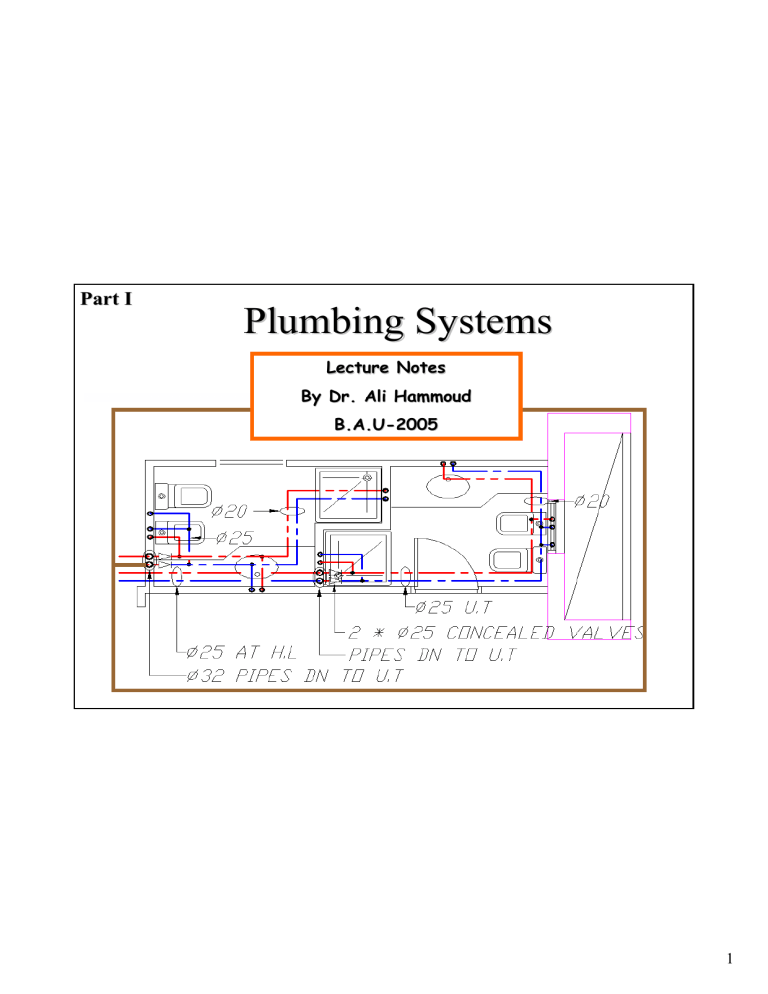



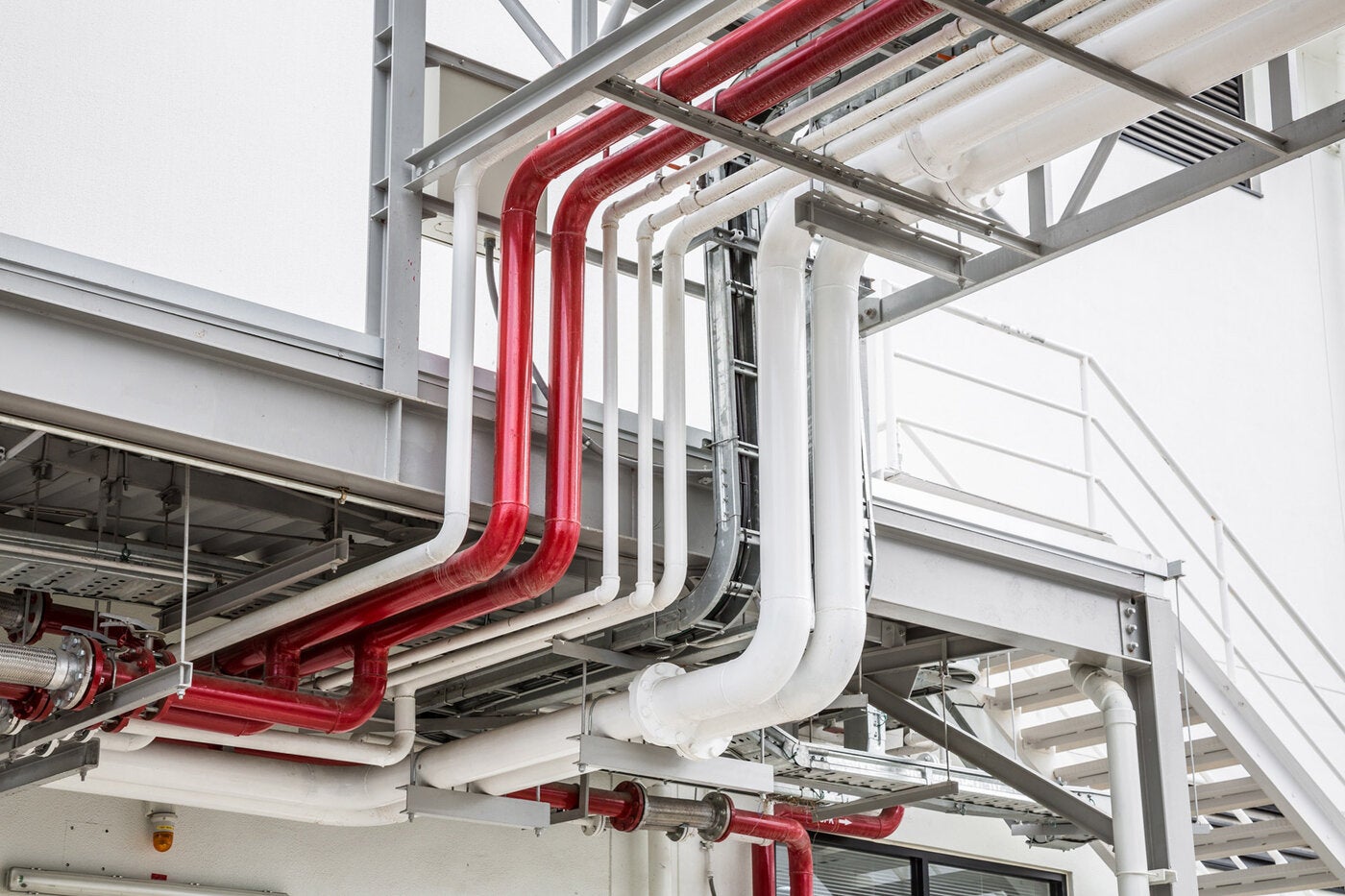
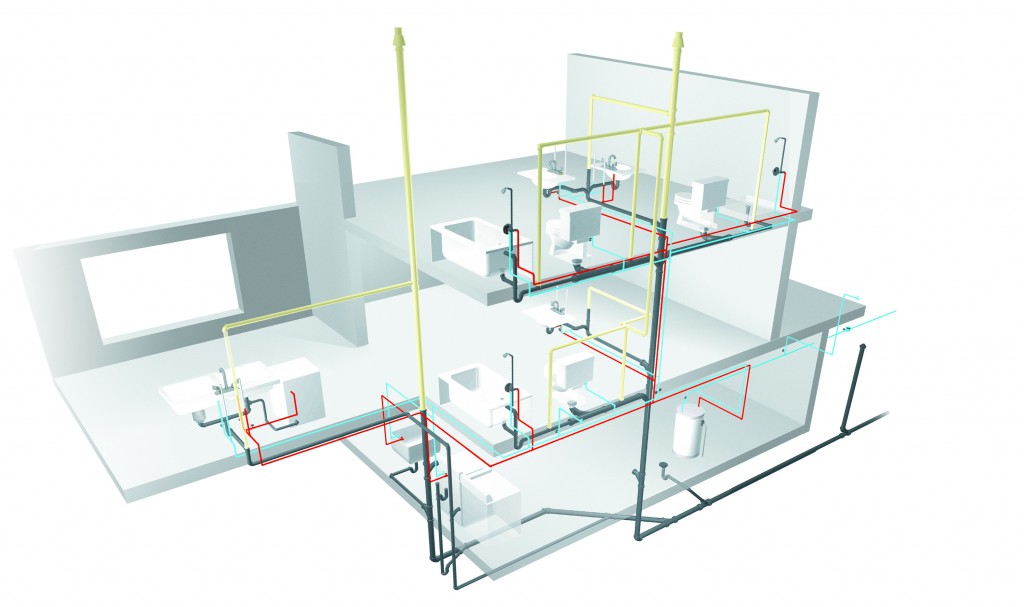
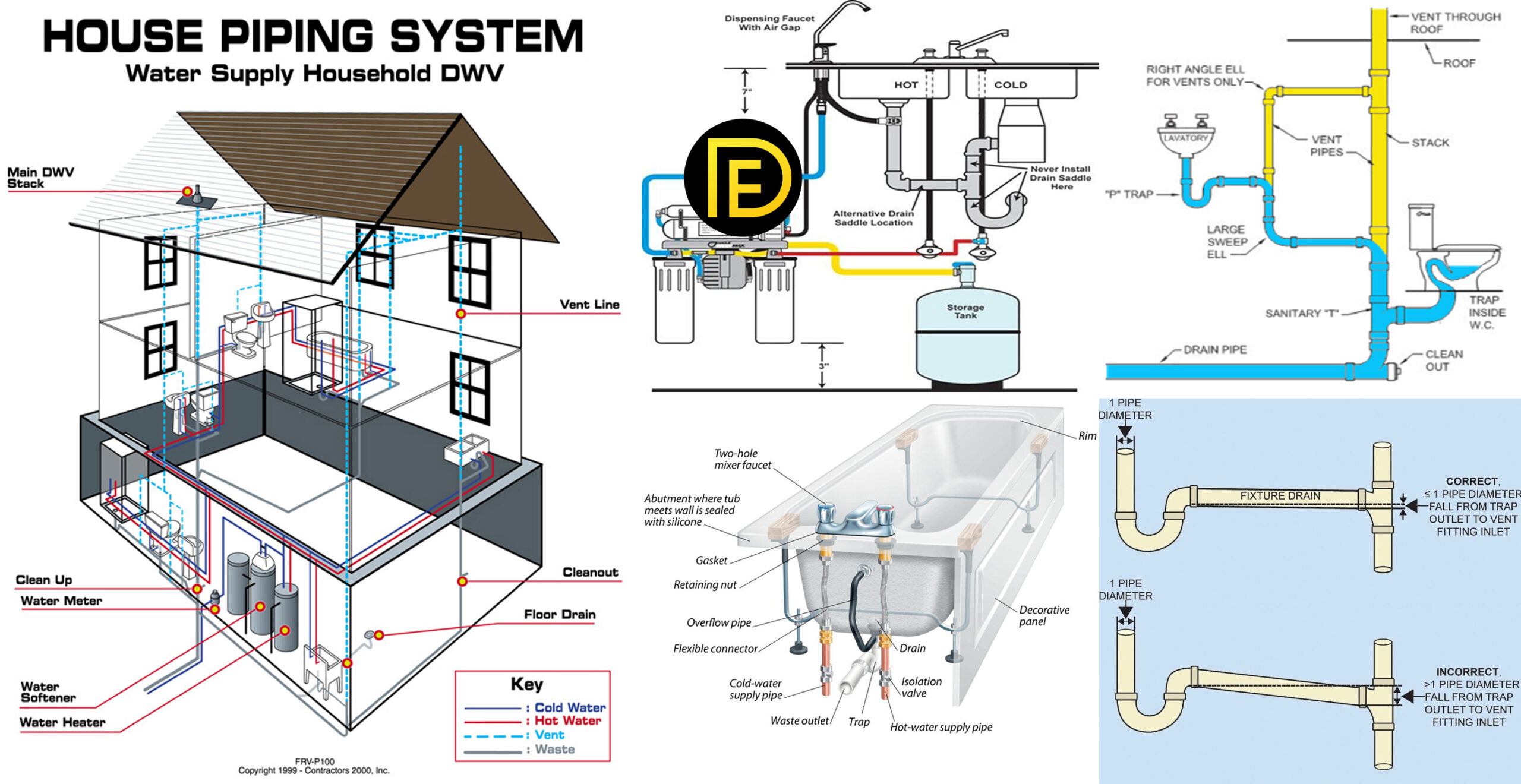


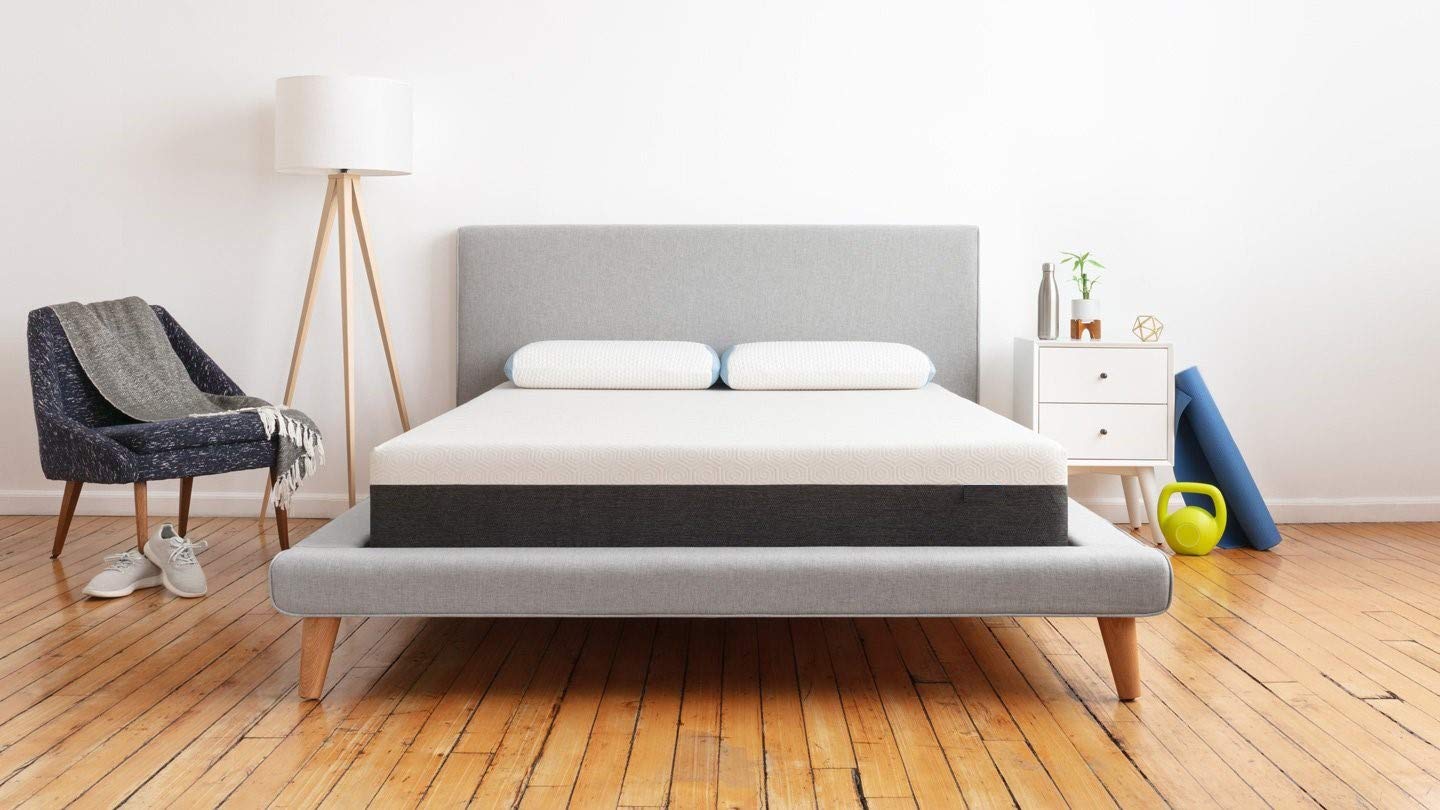
/6530-000052-56a6b23a5f9b58b7d0e45811.jpg)

